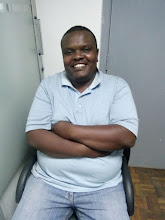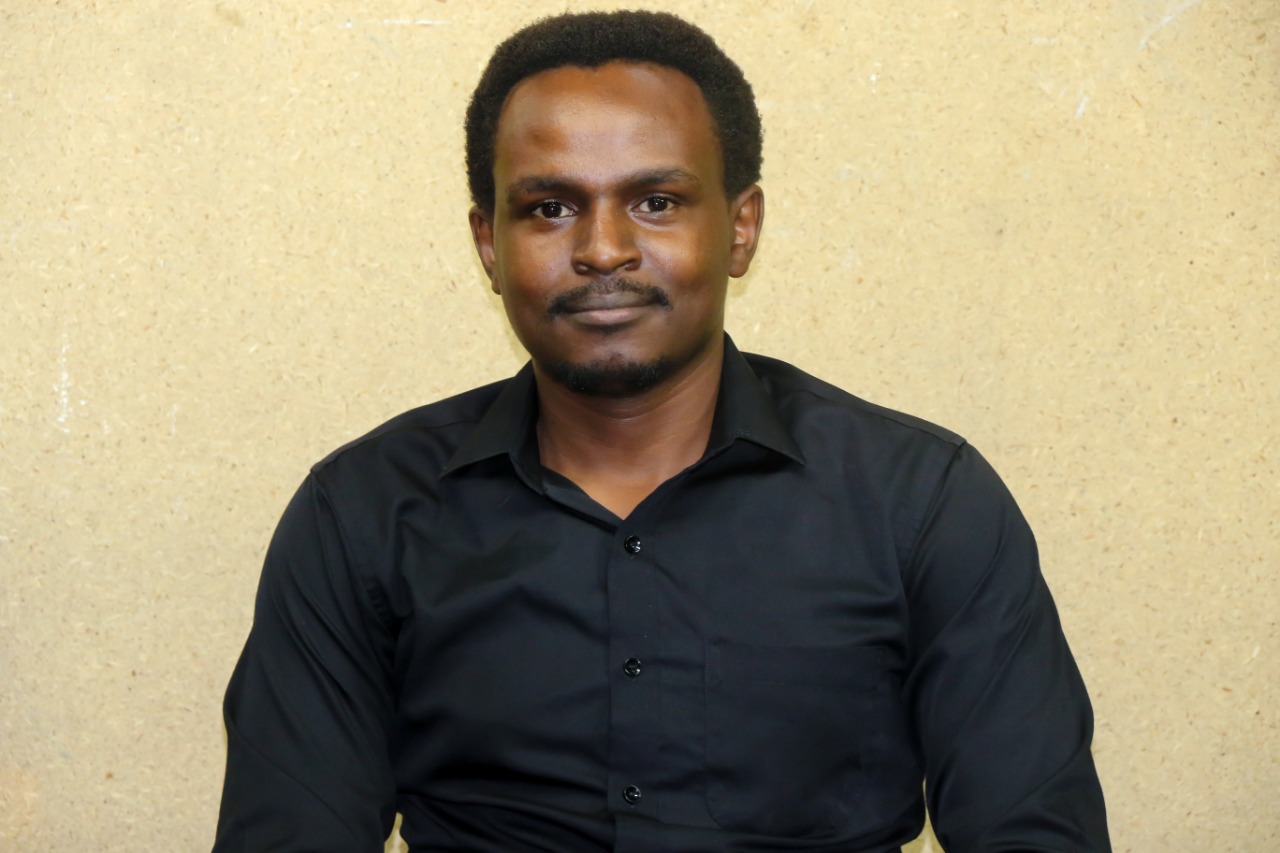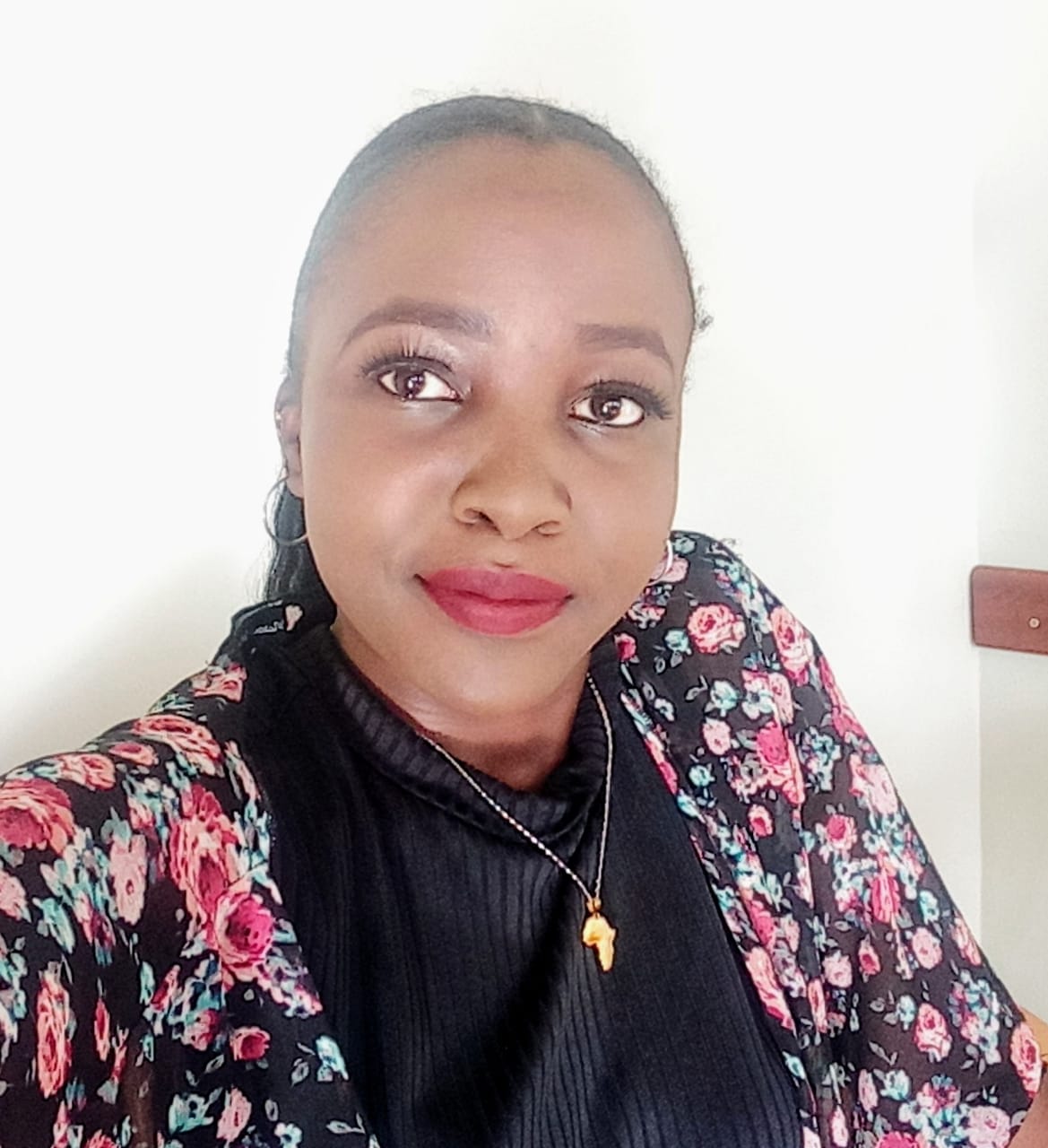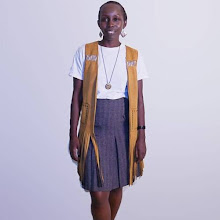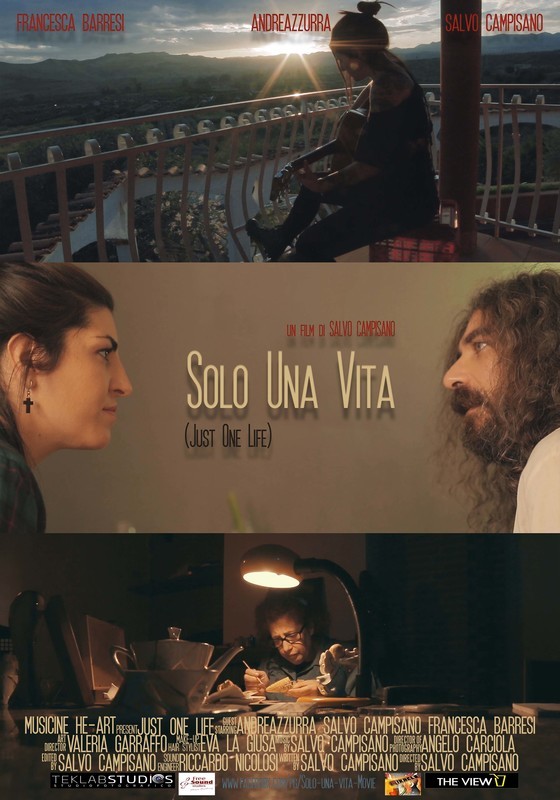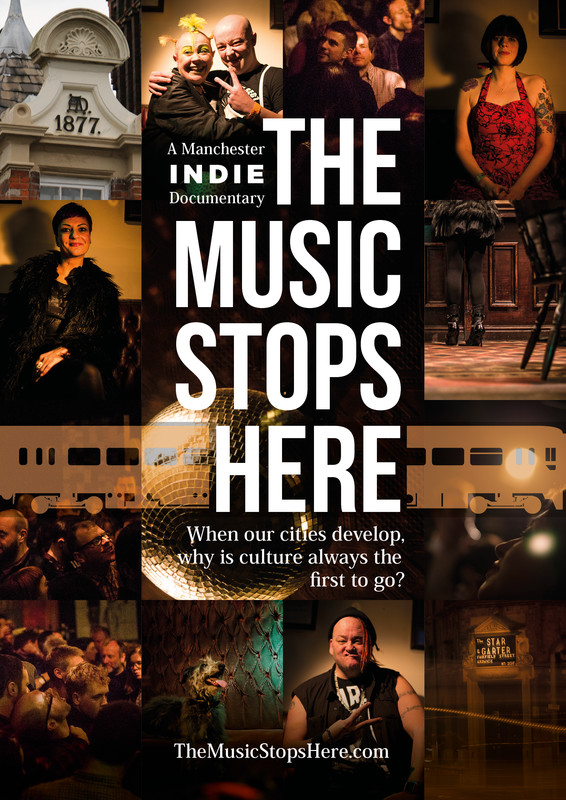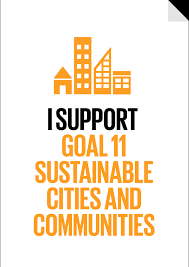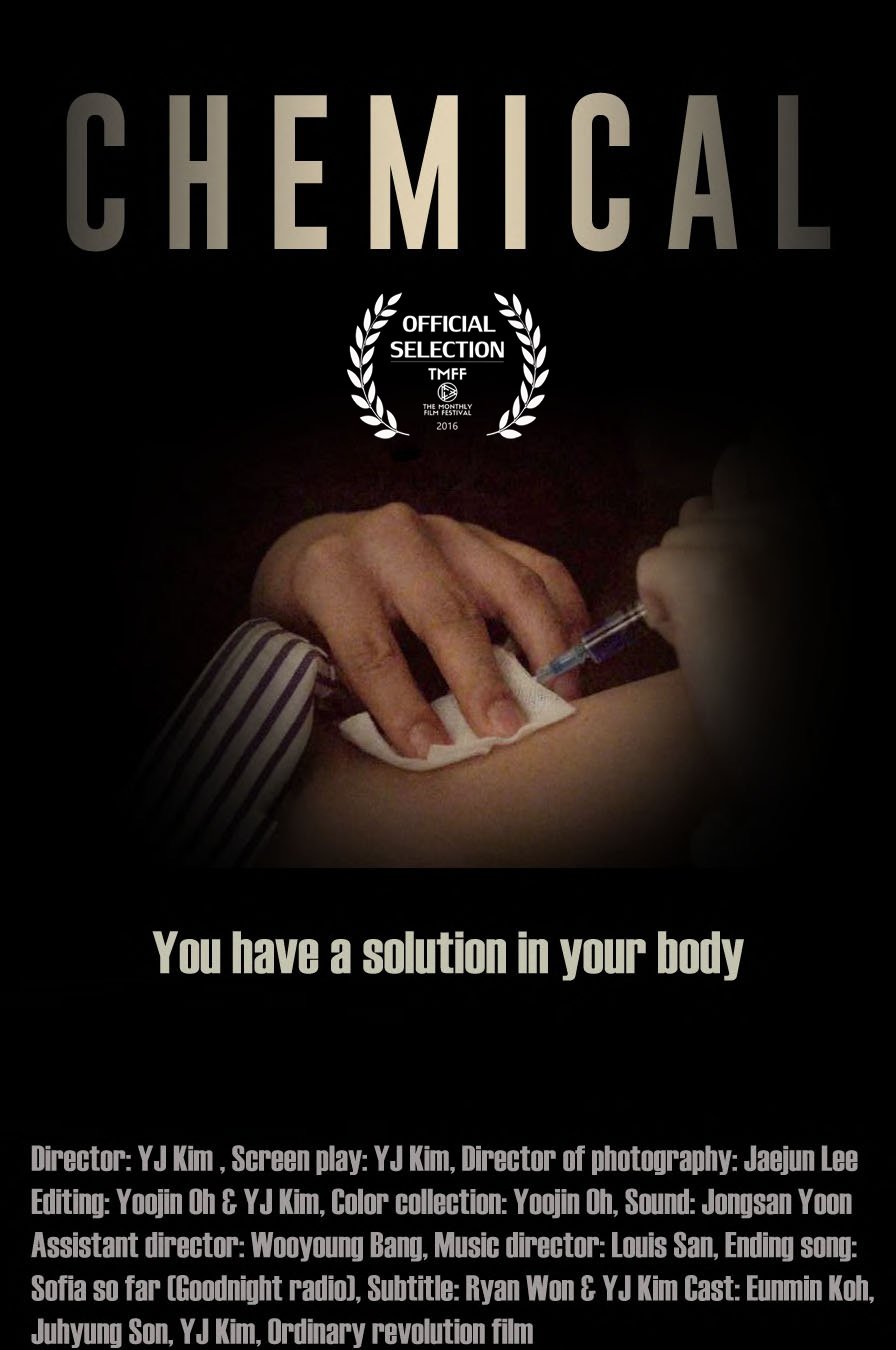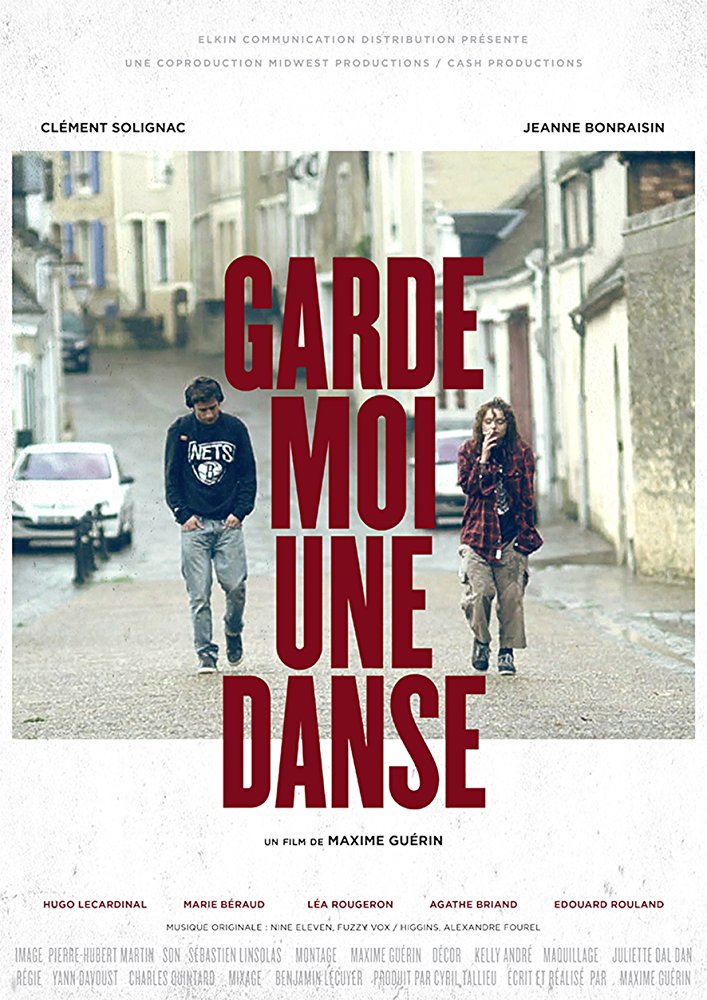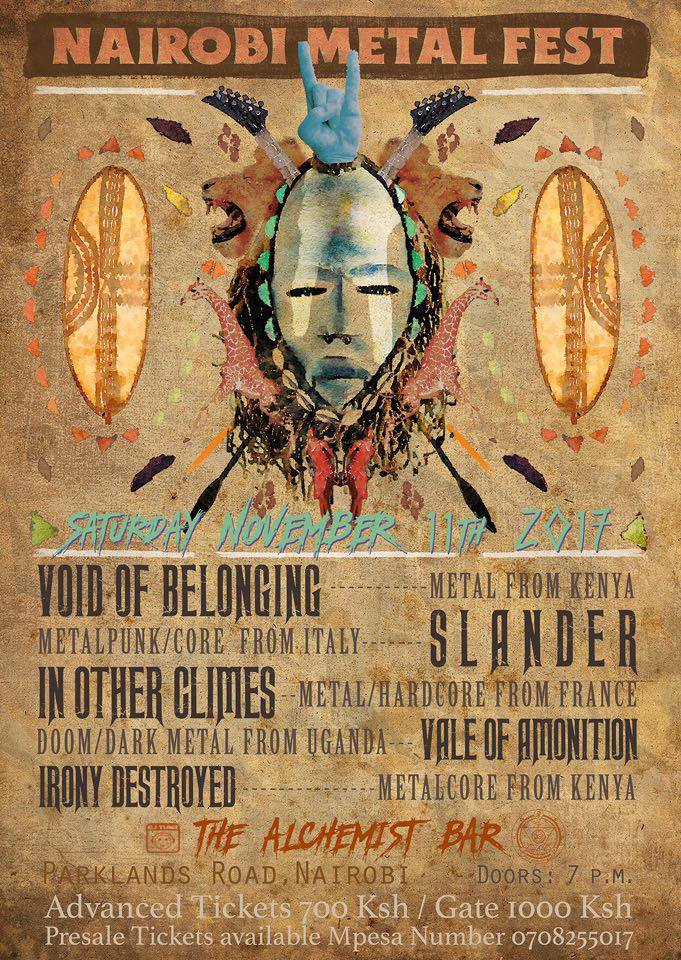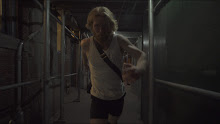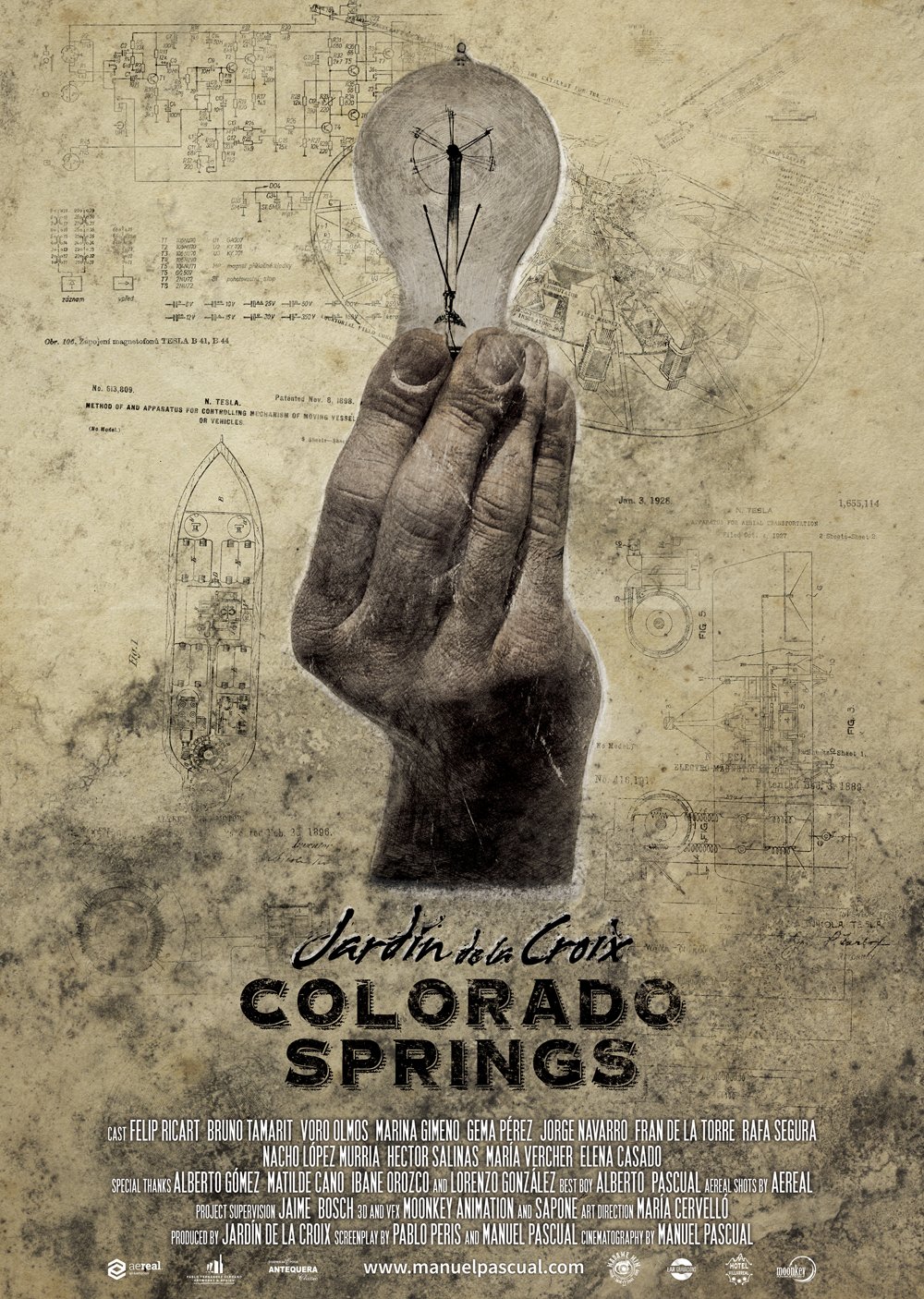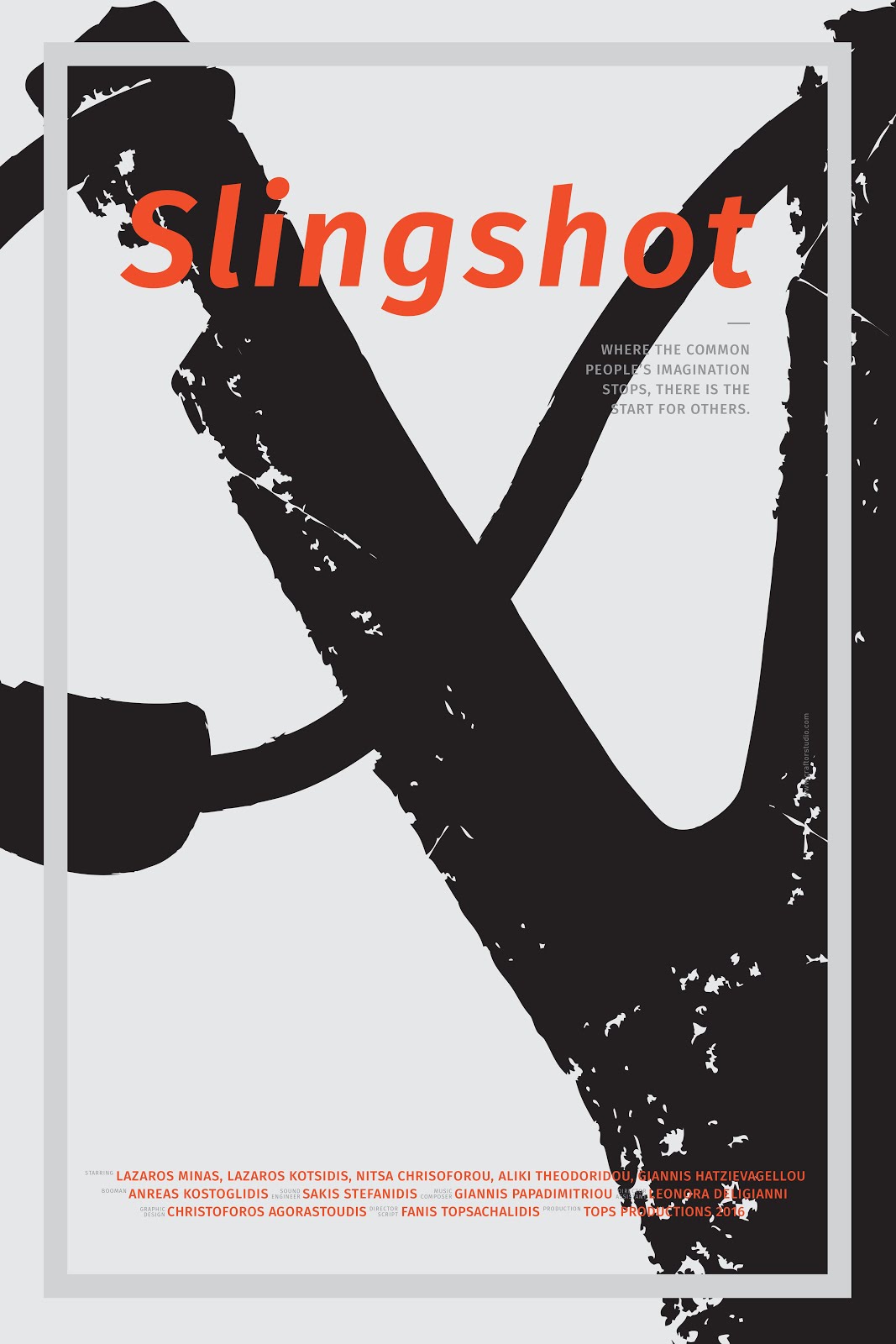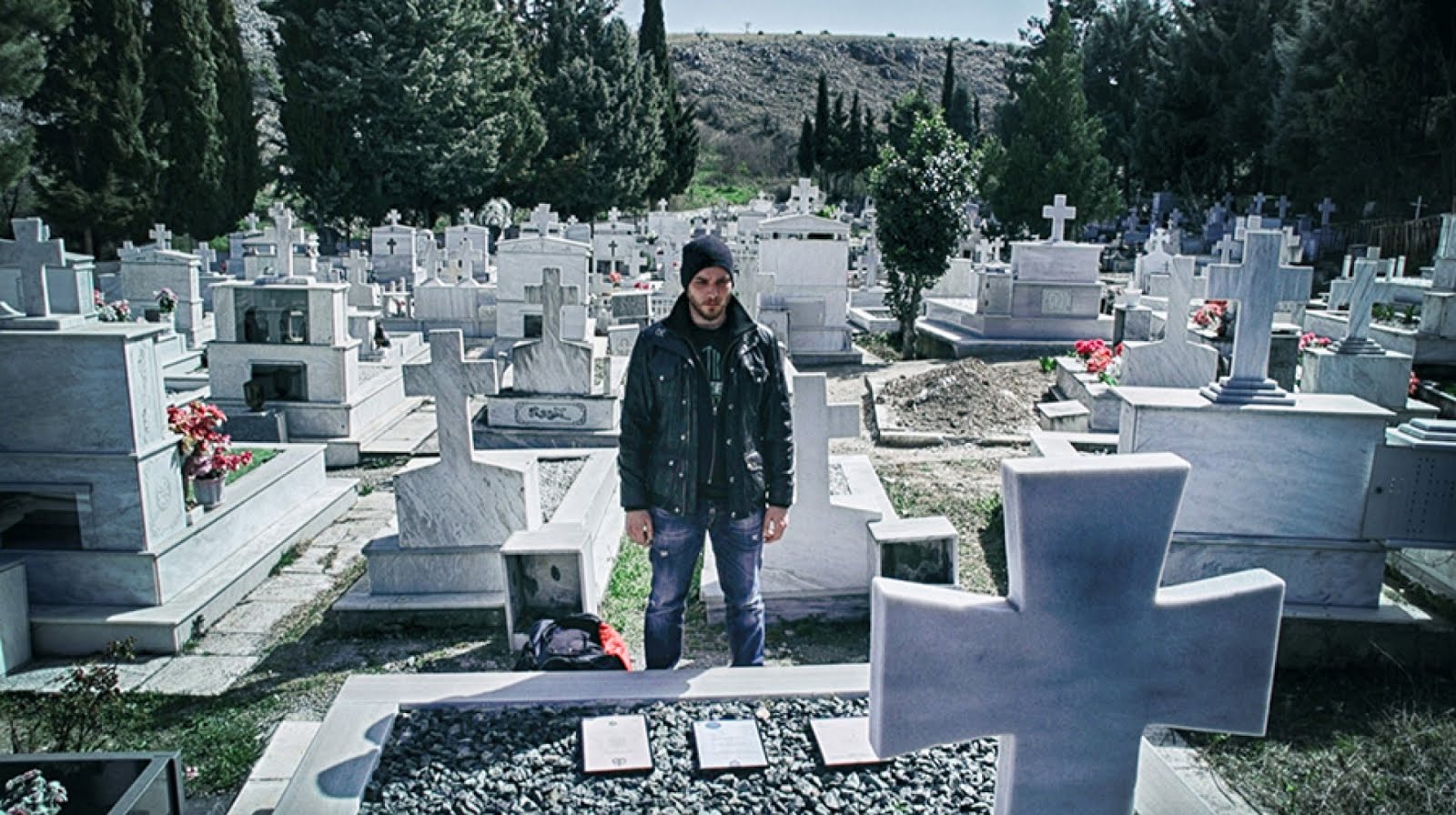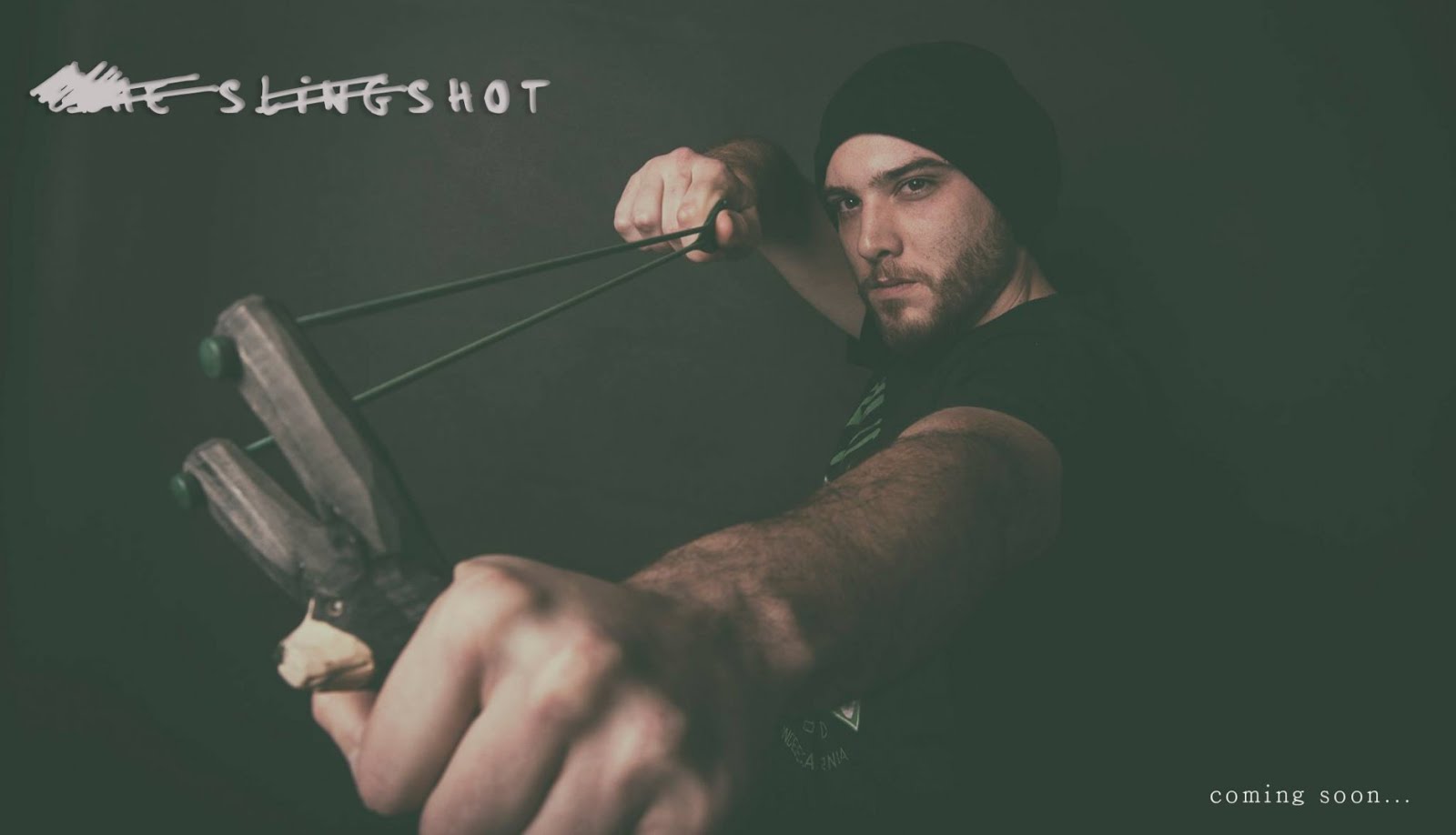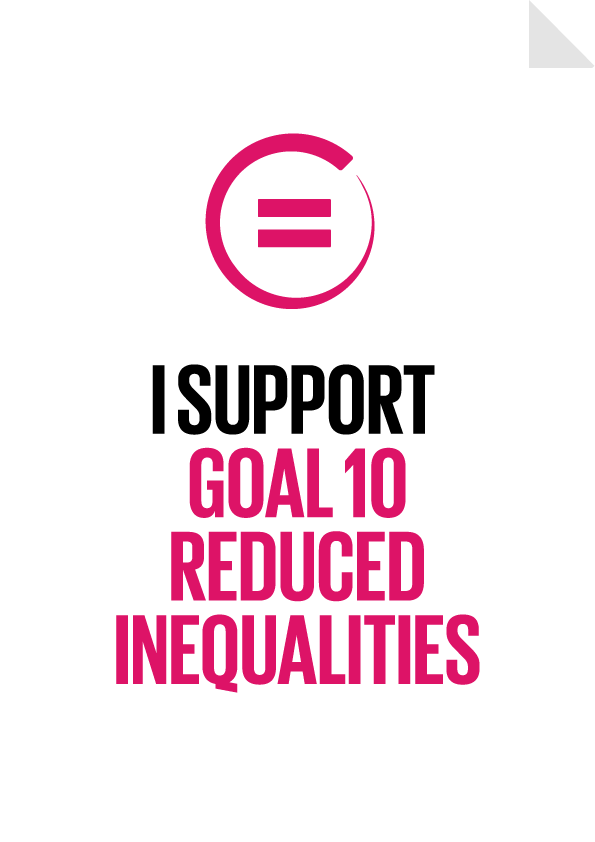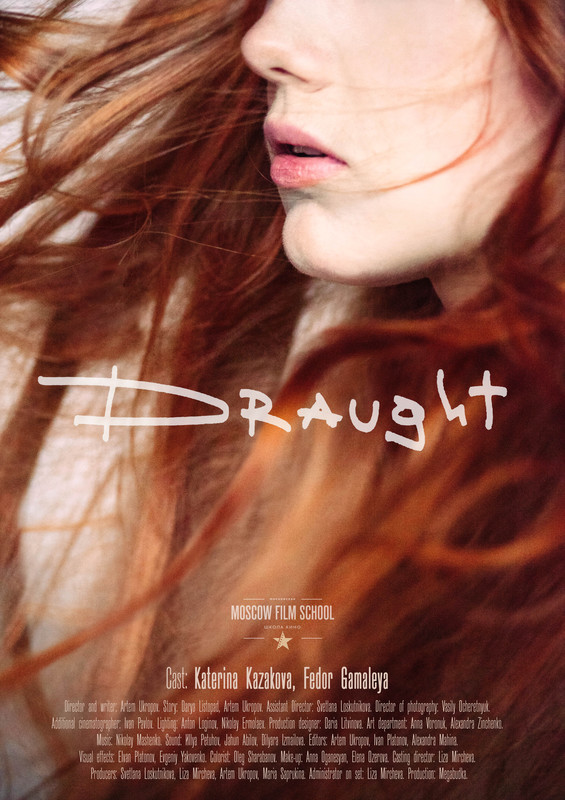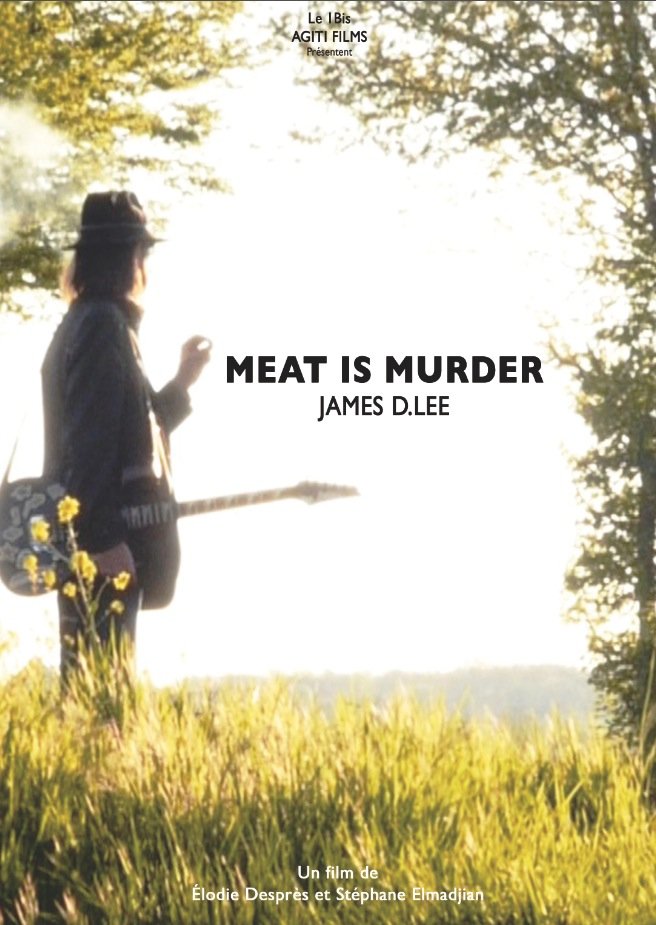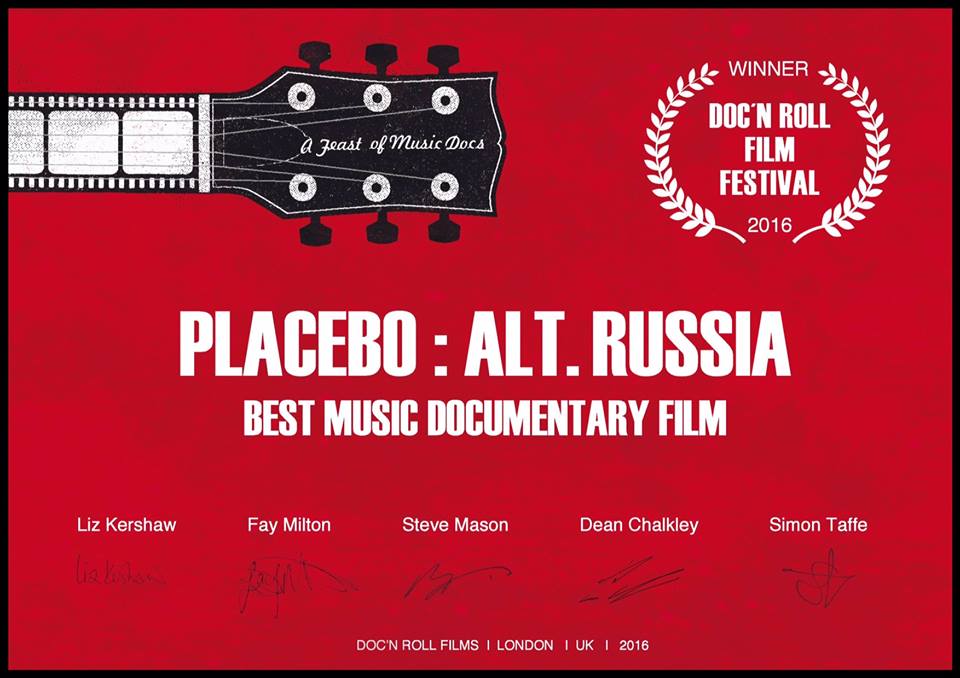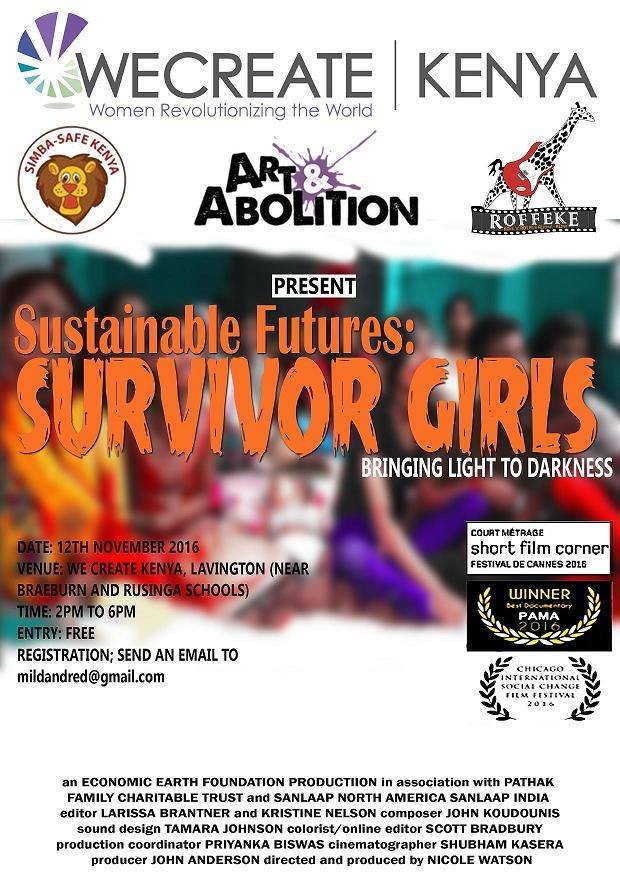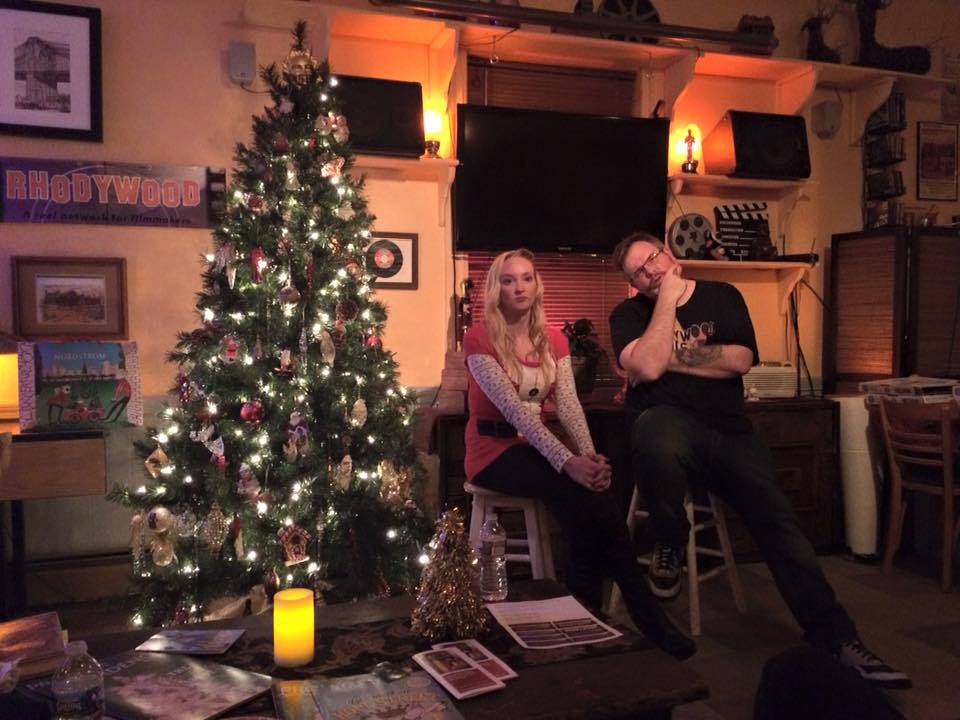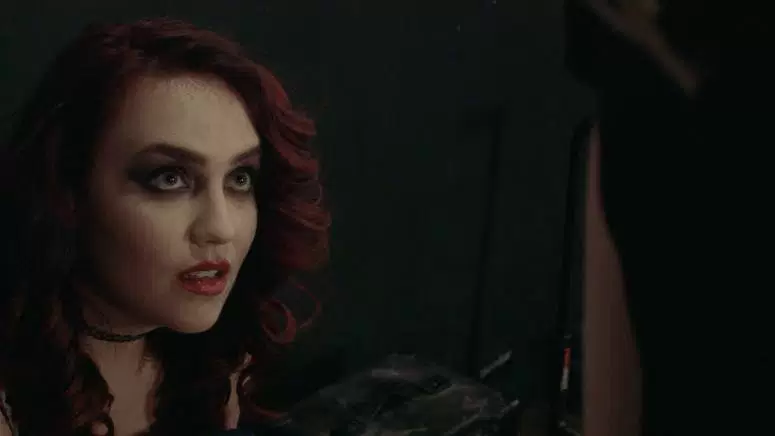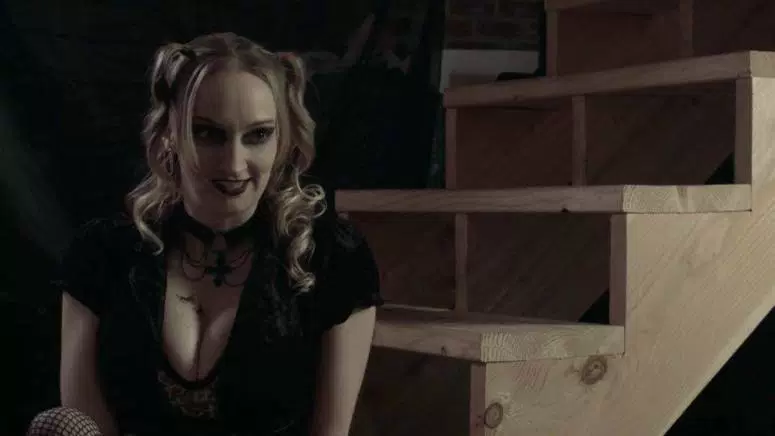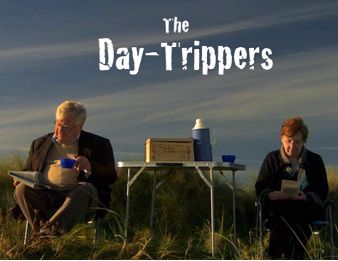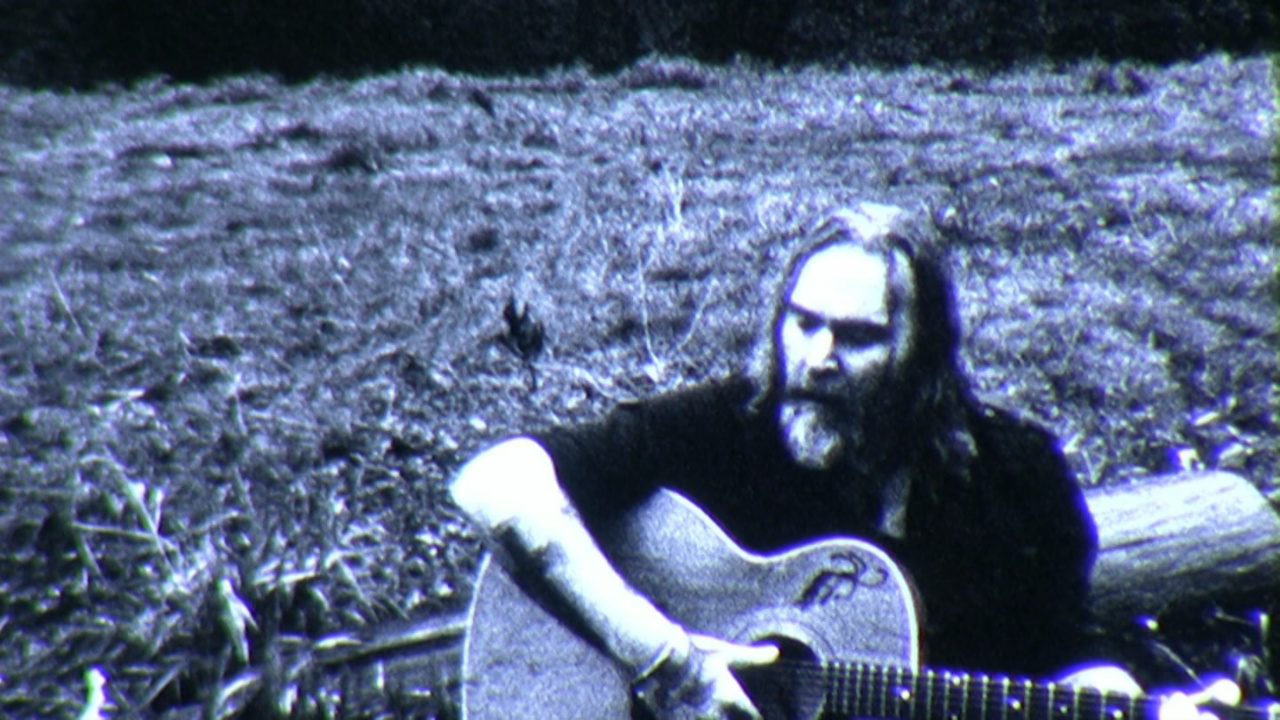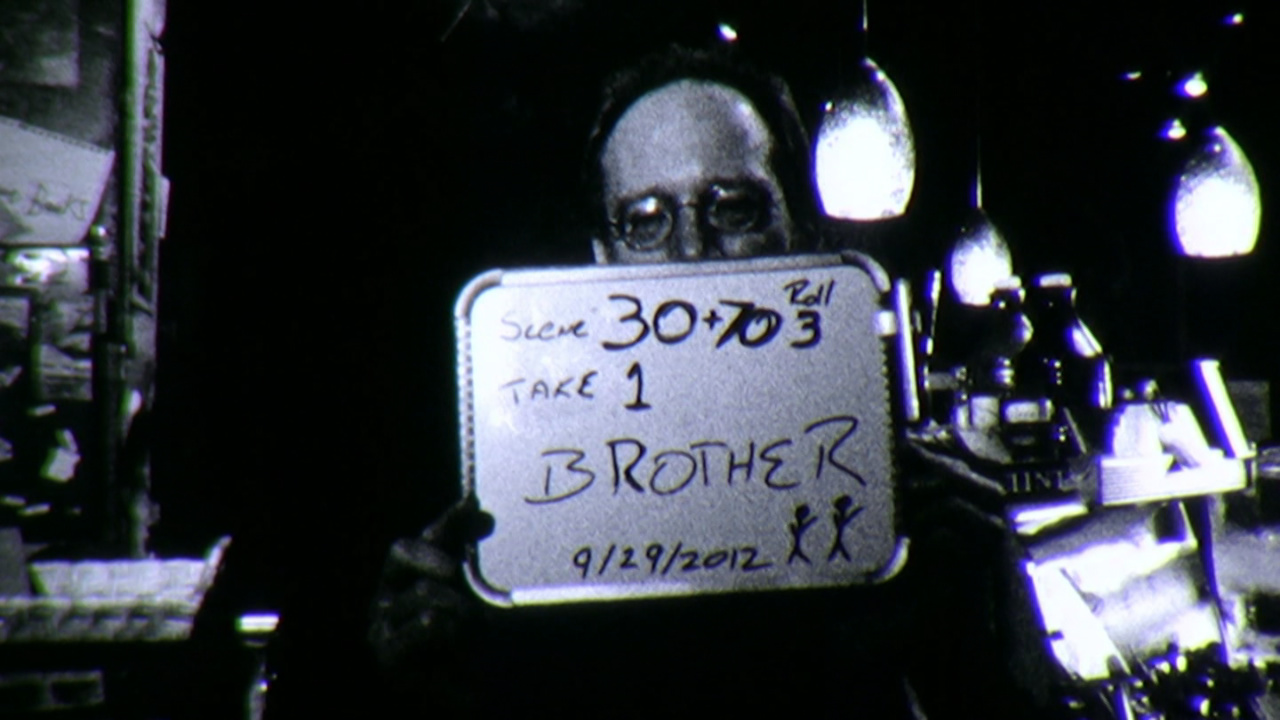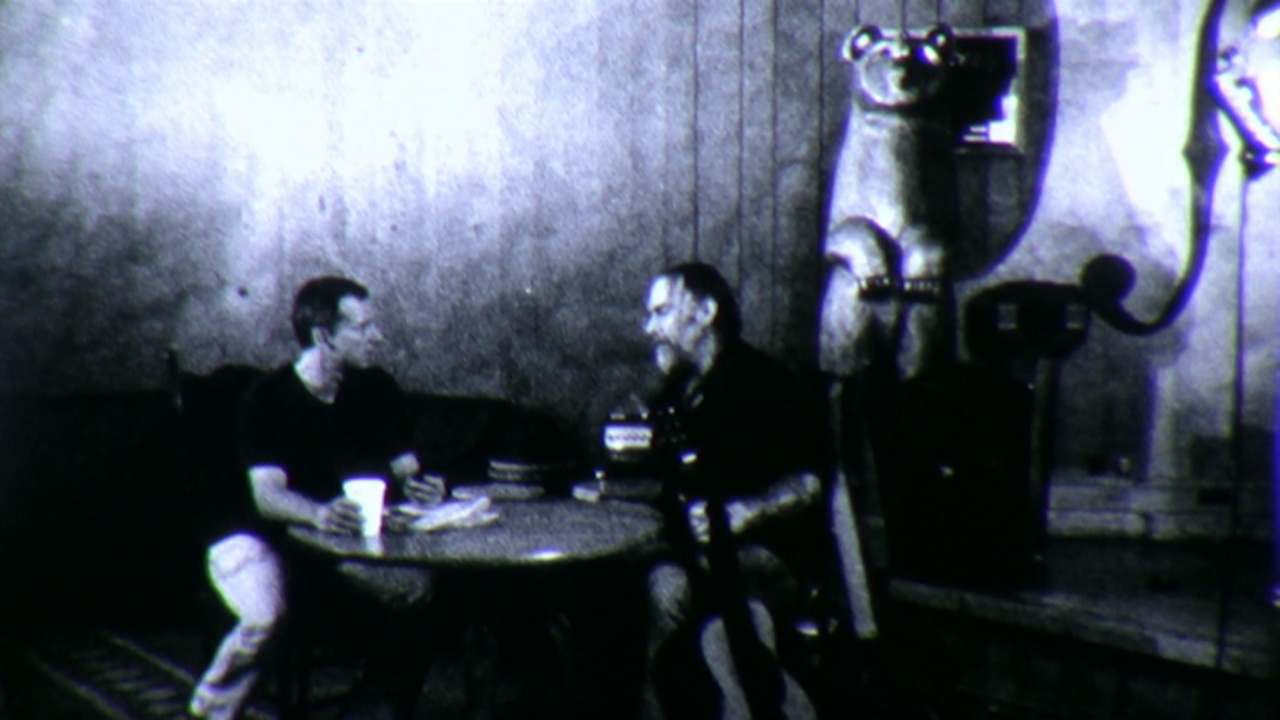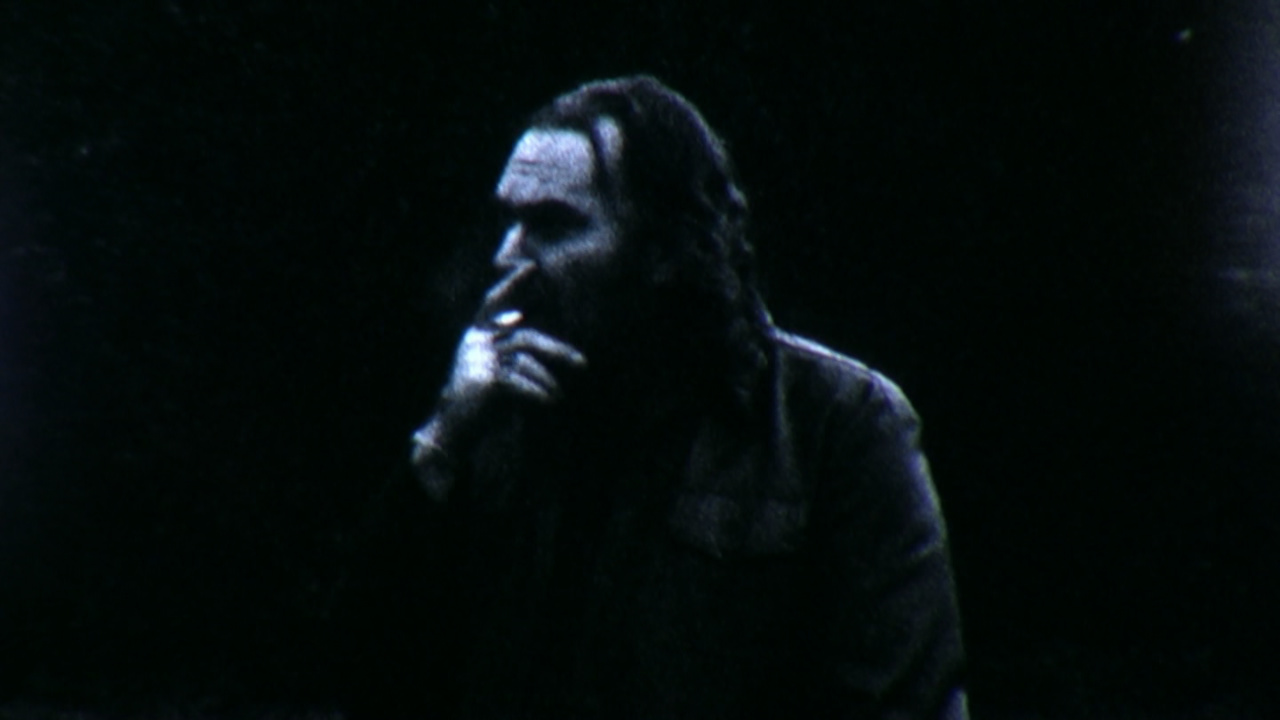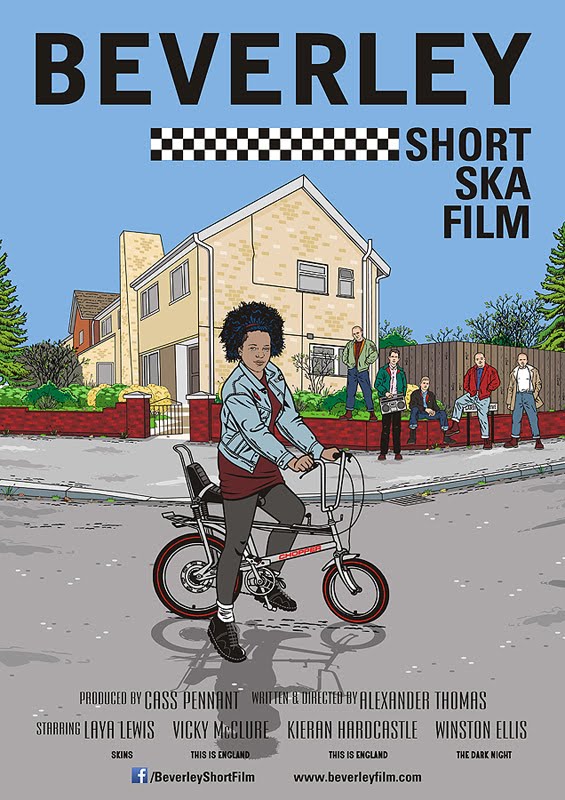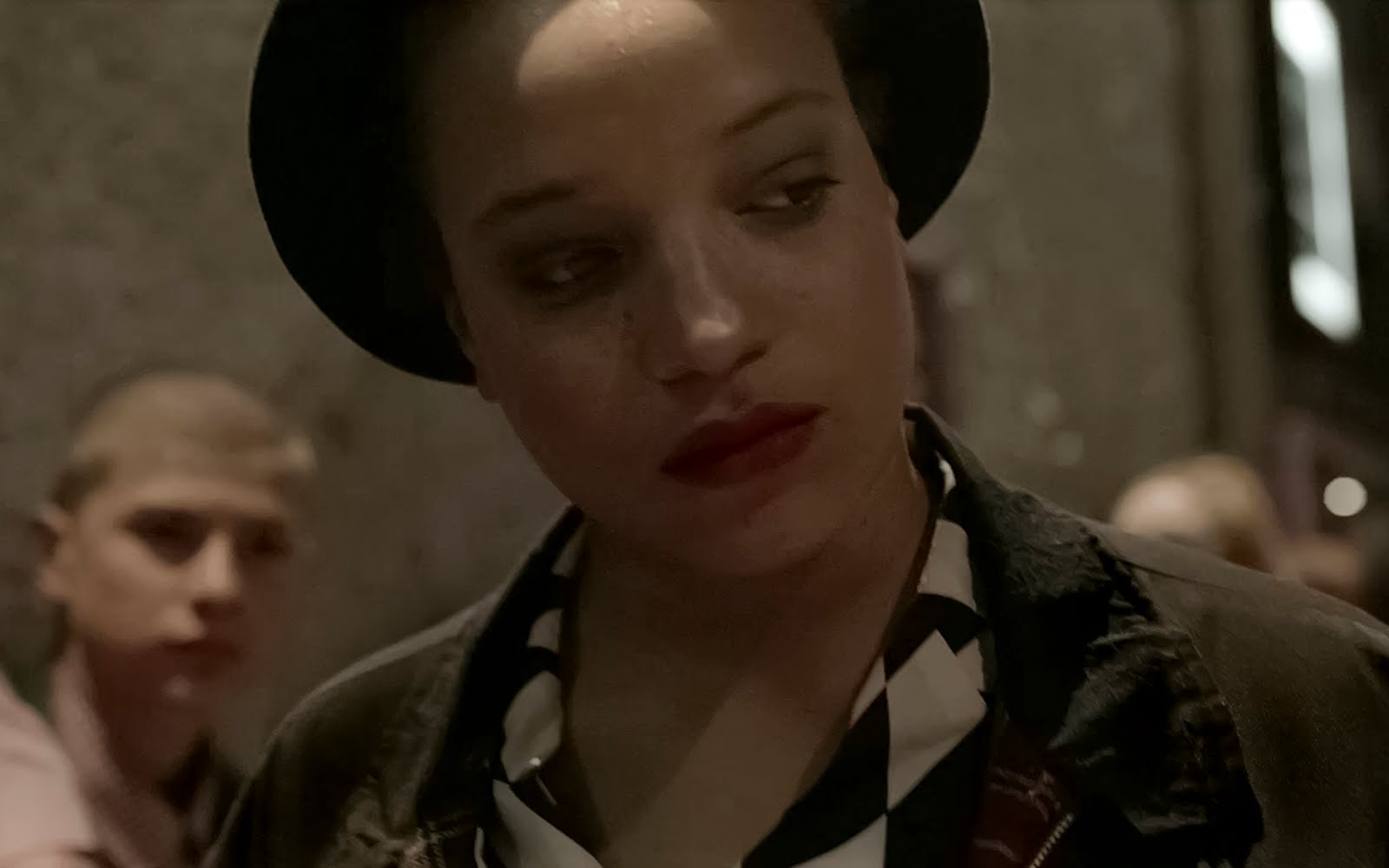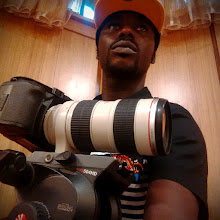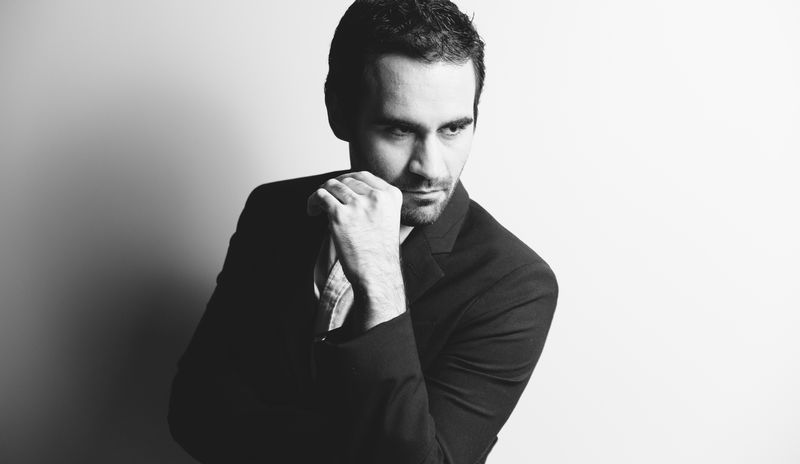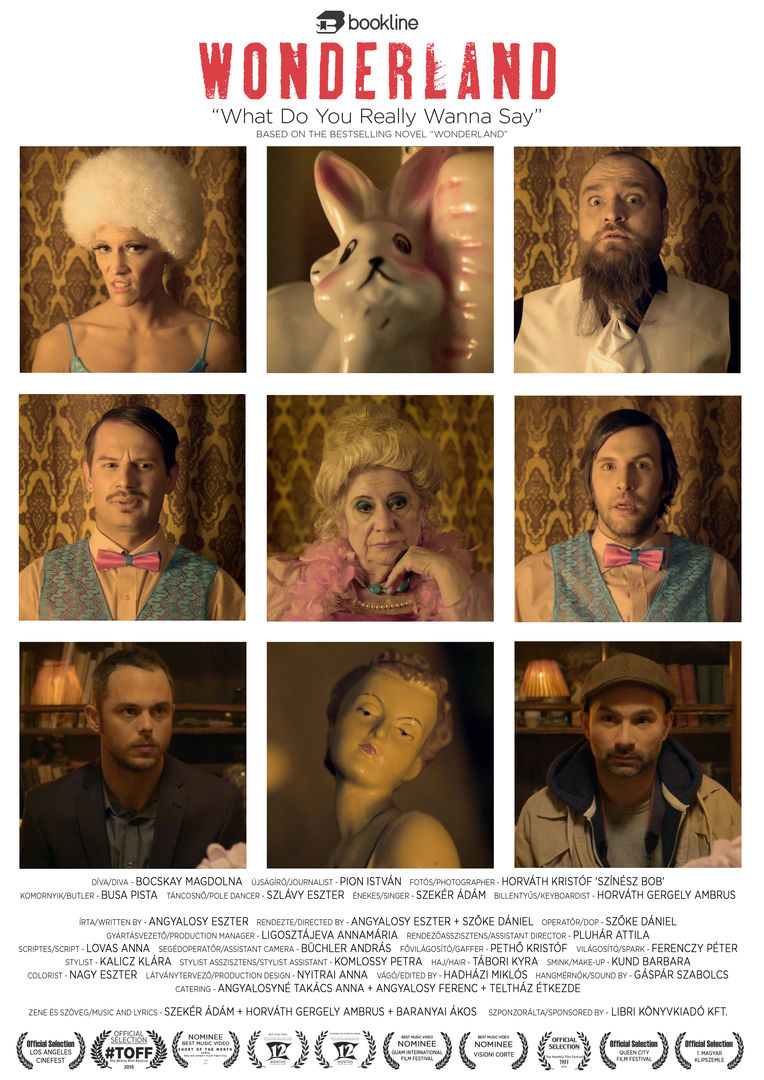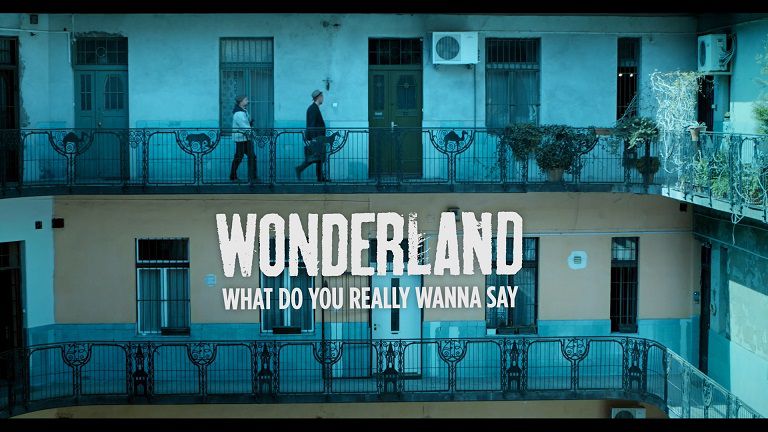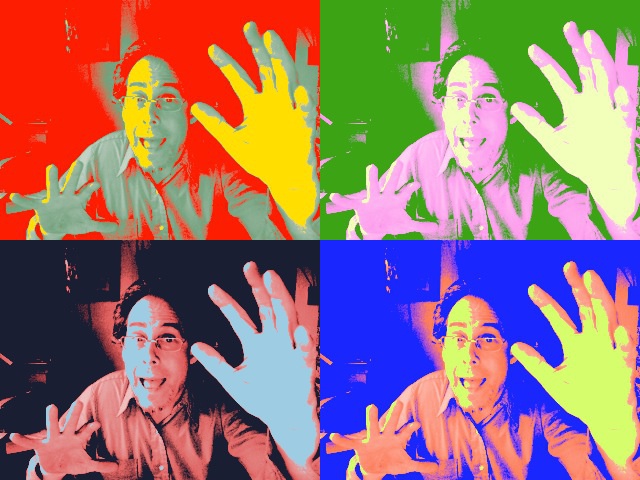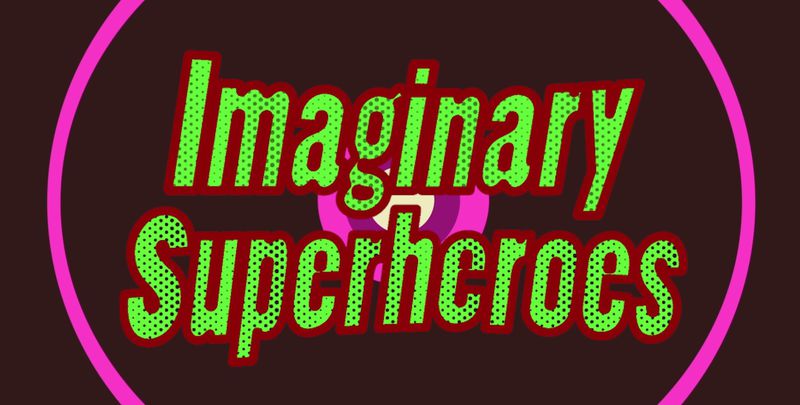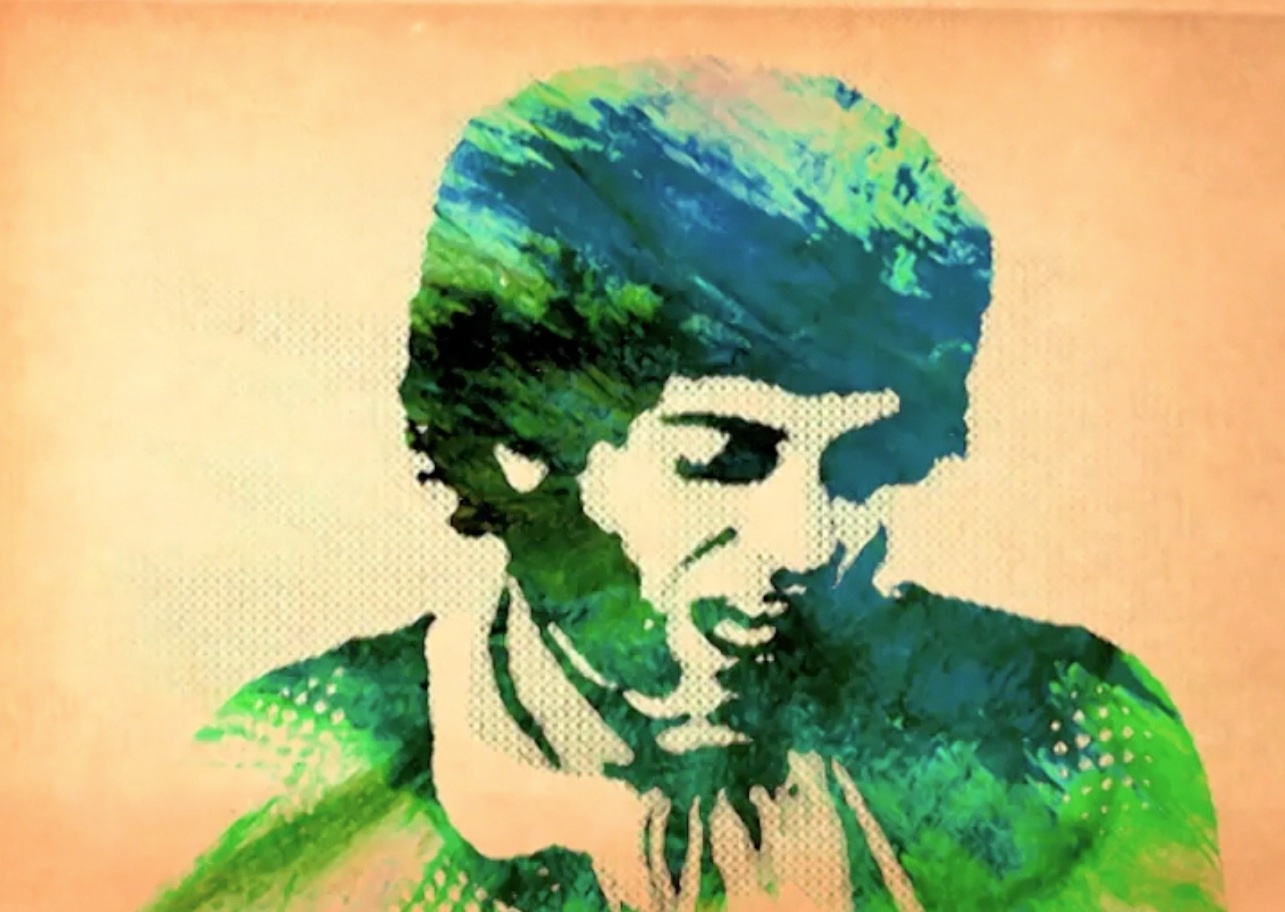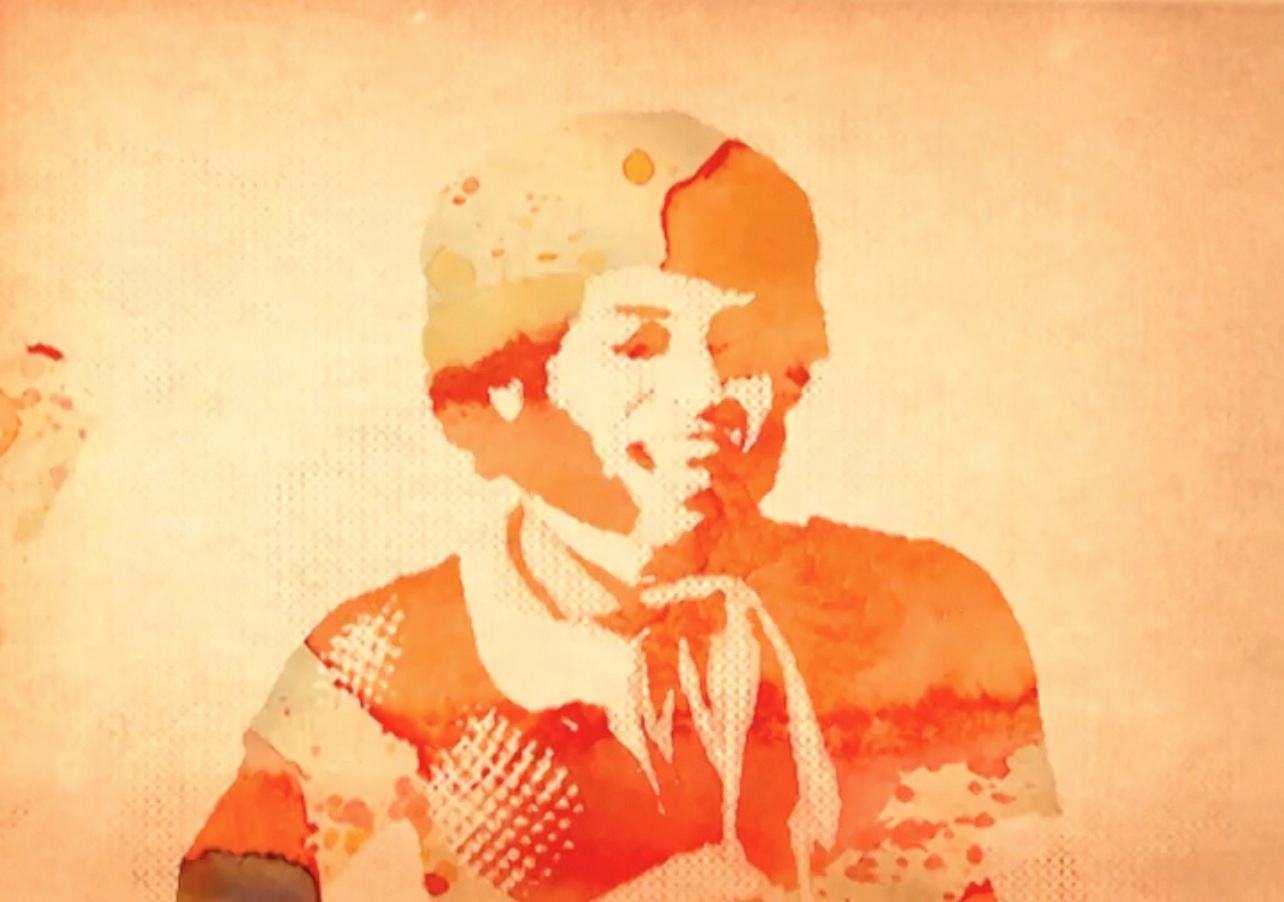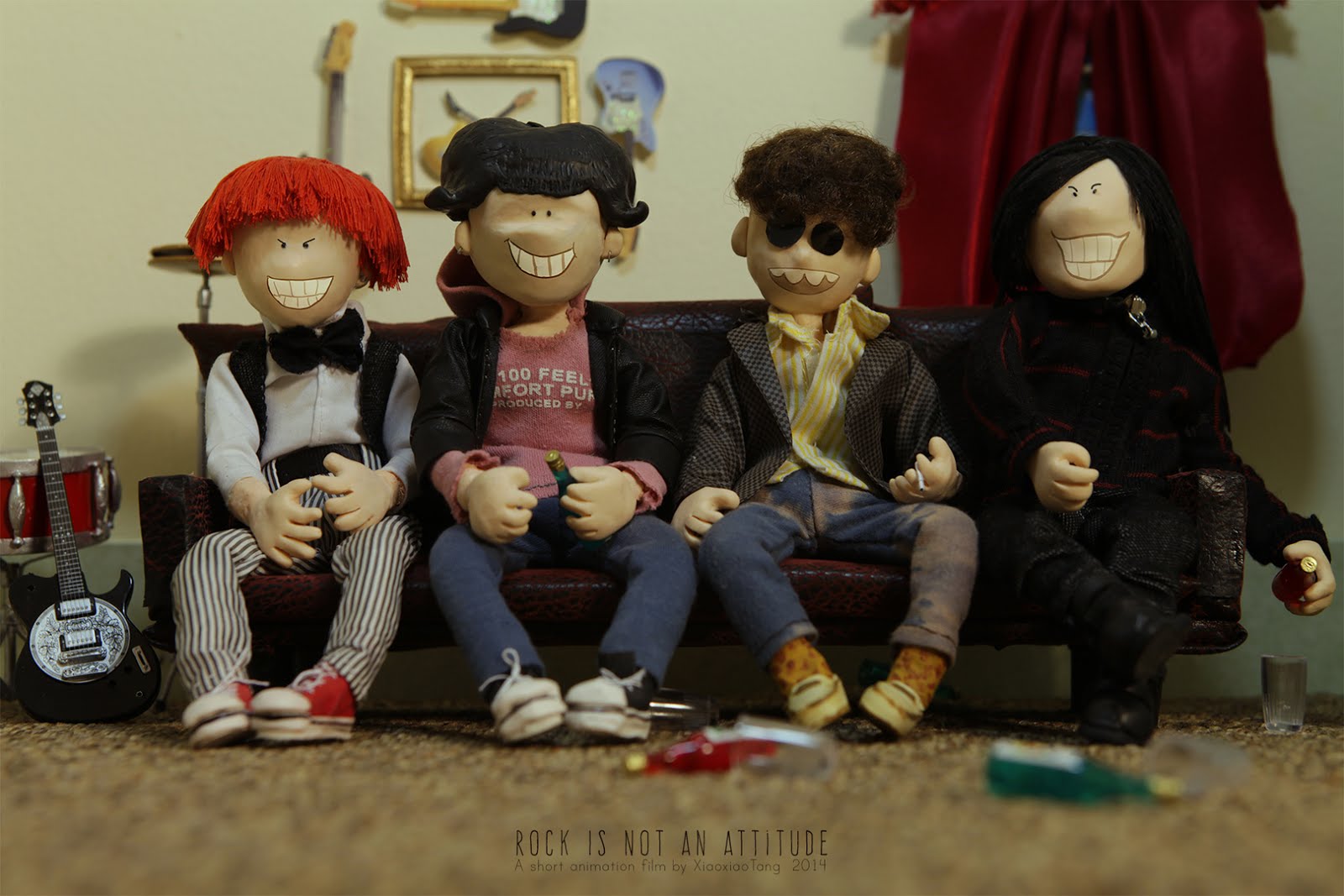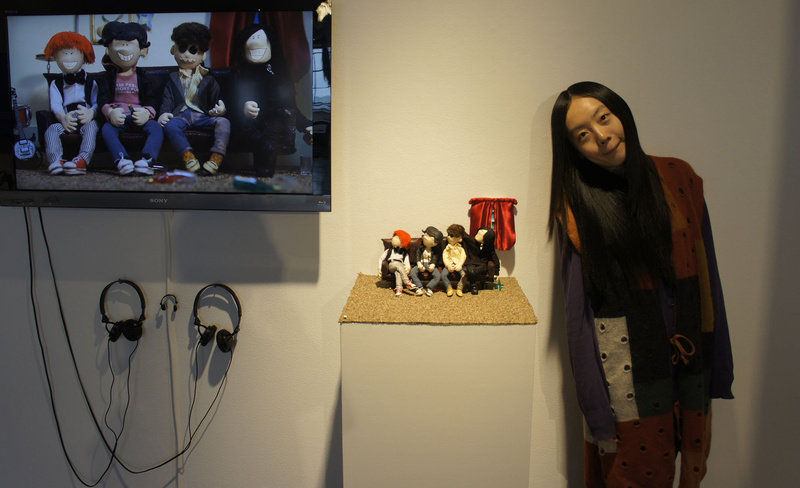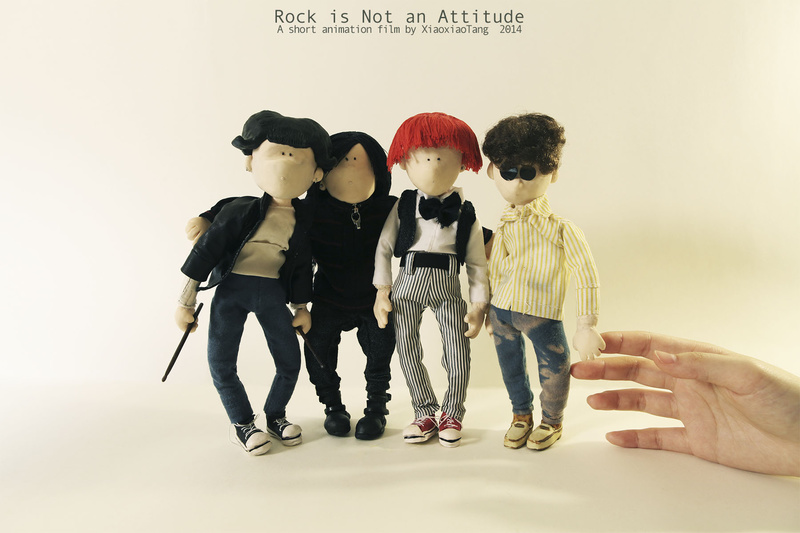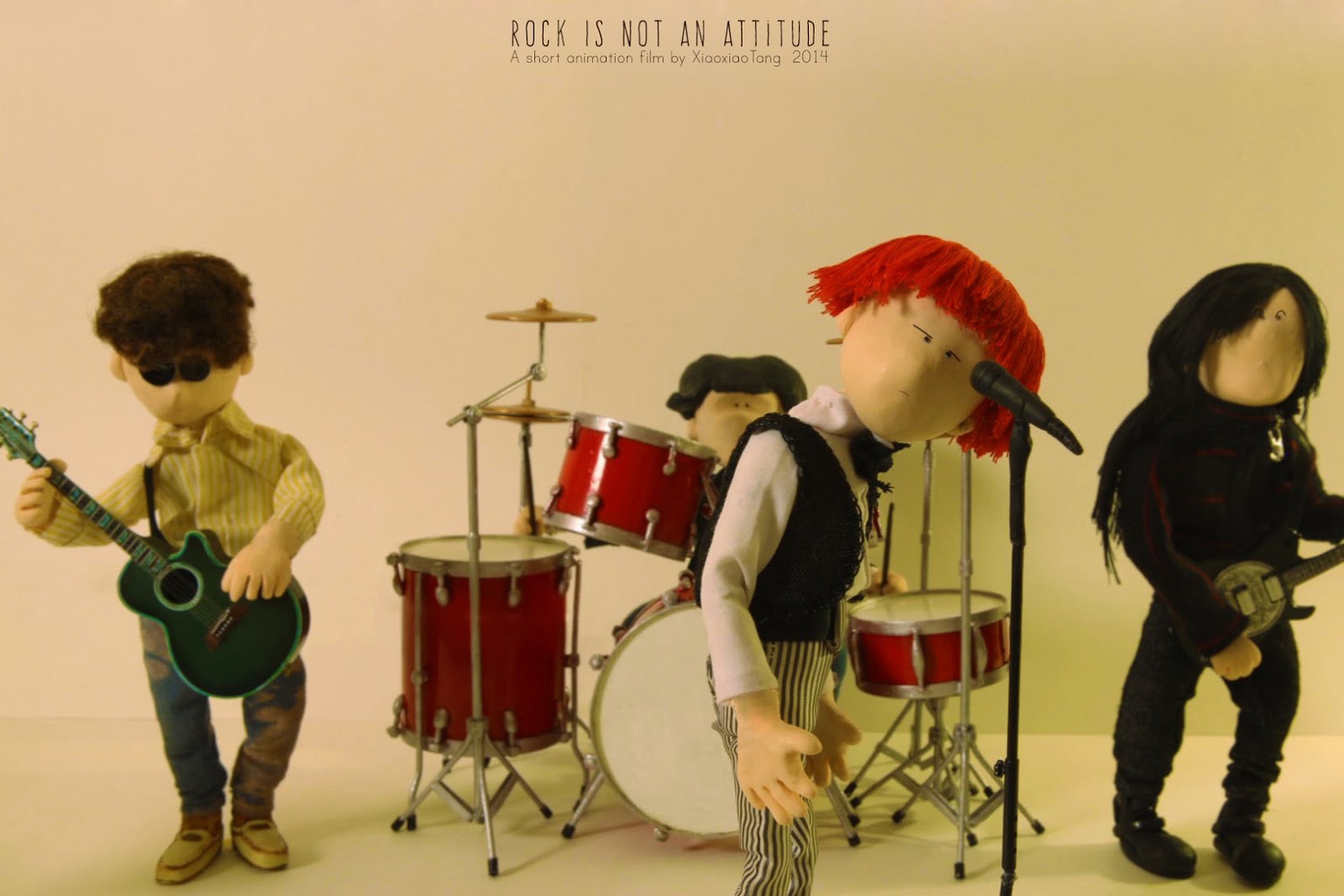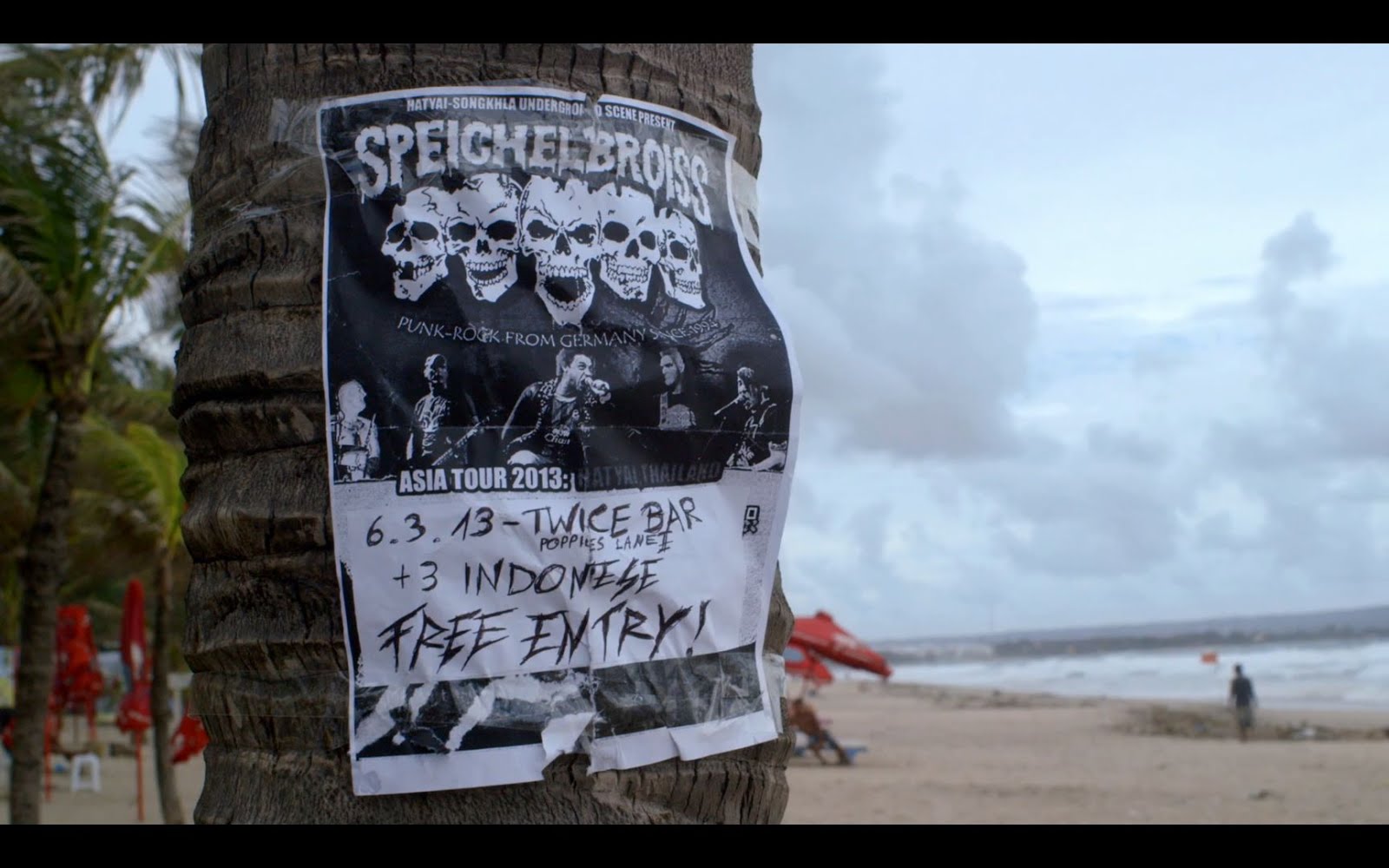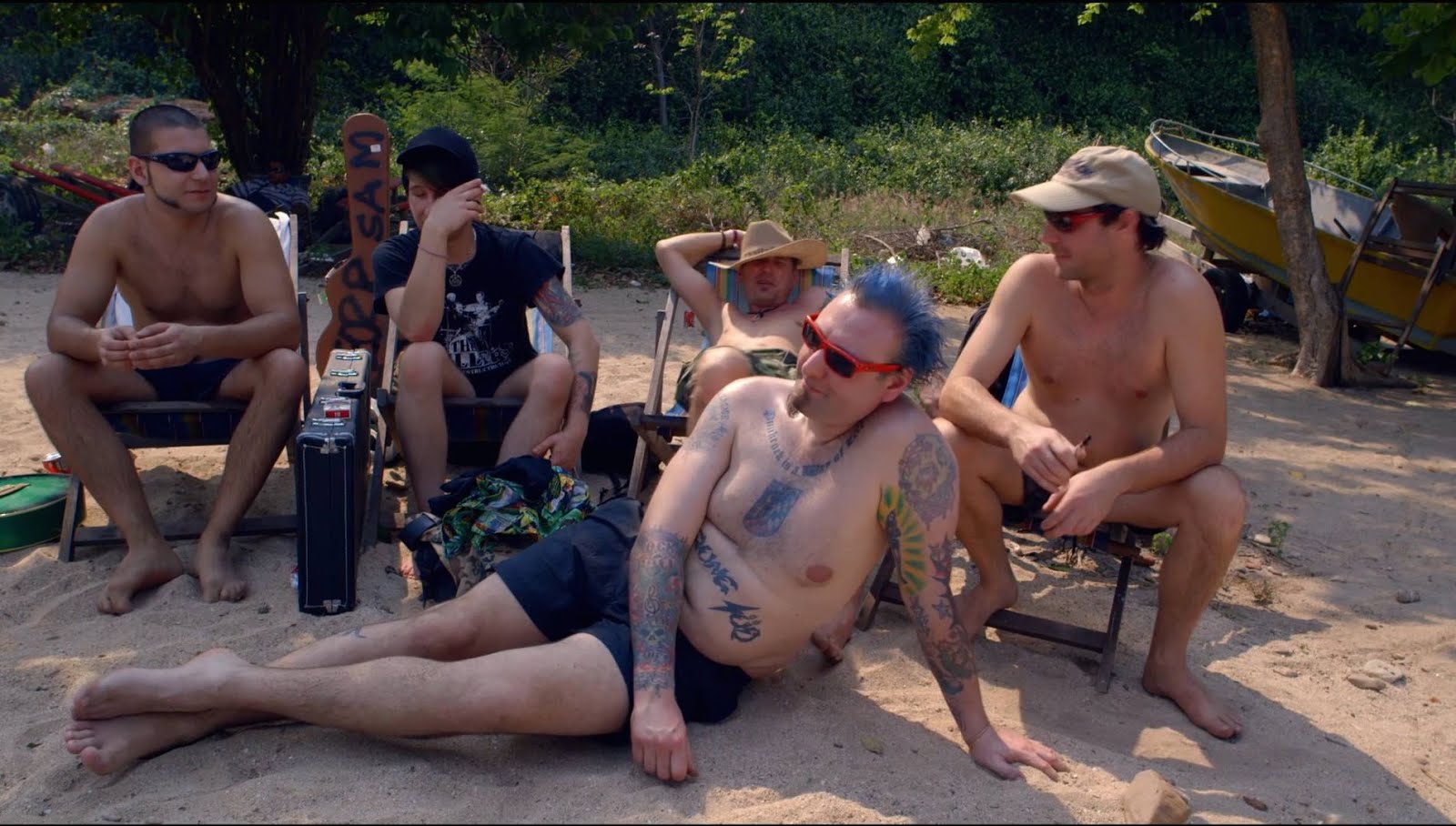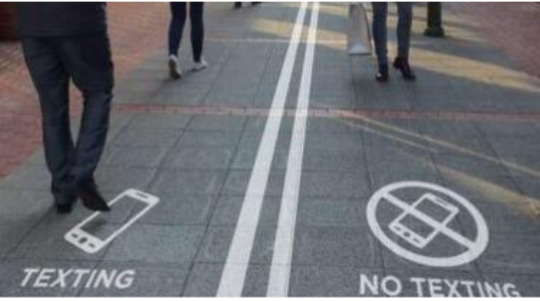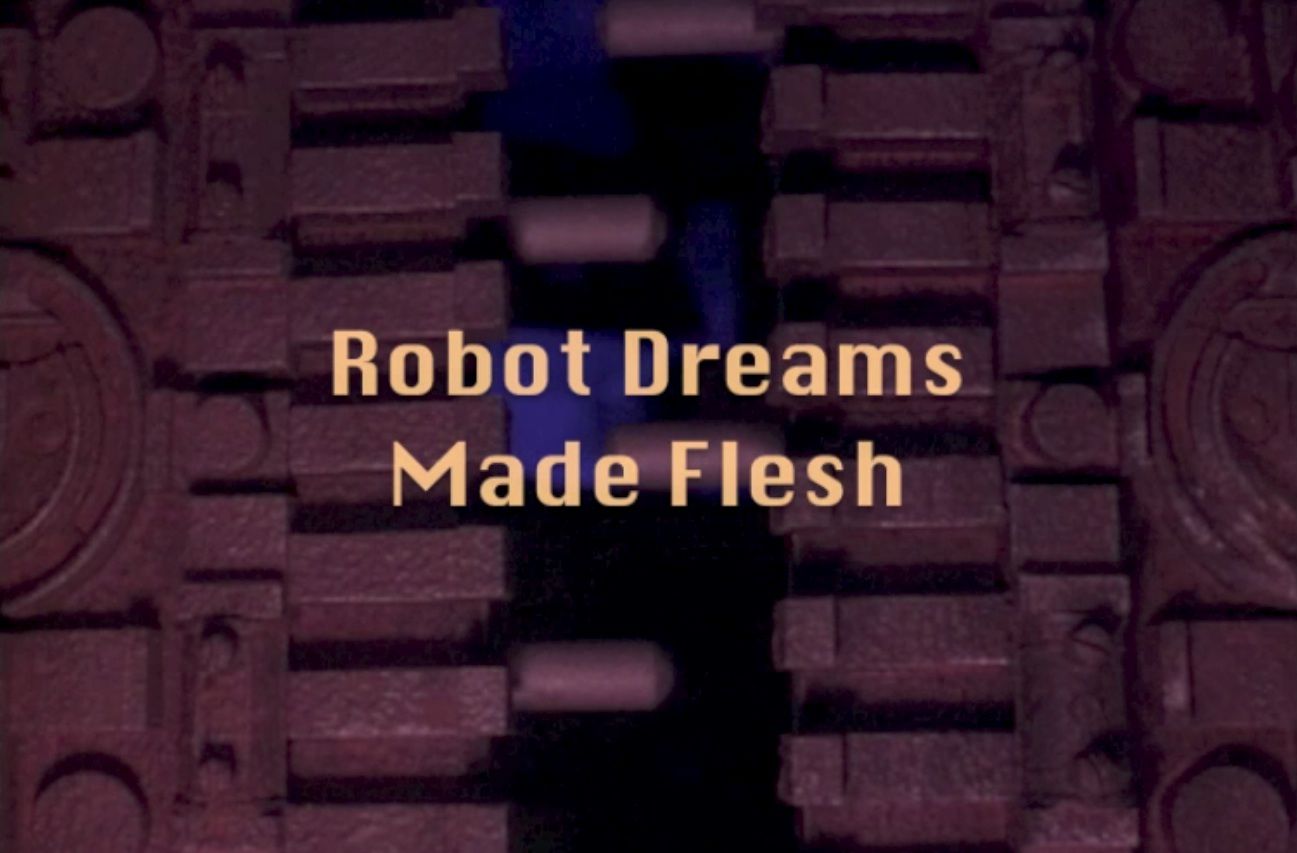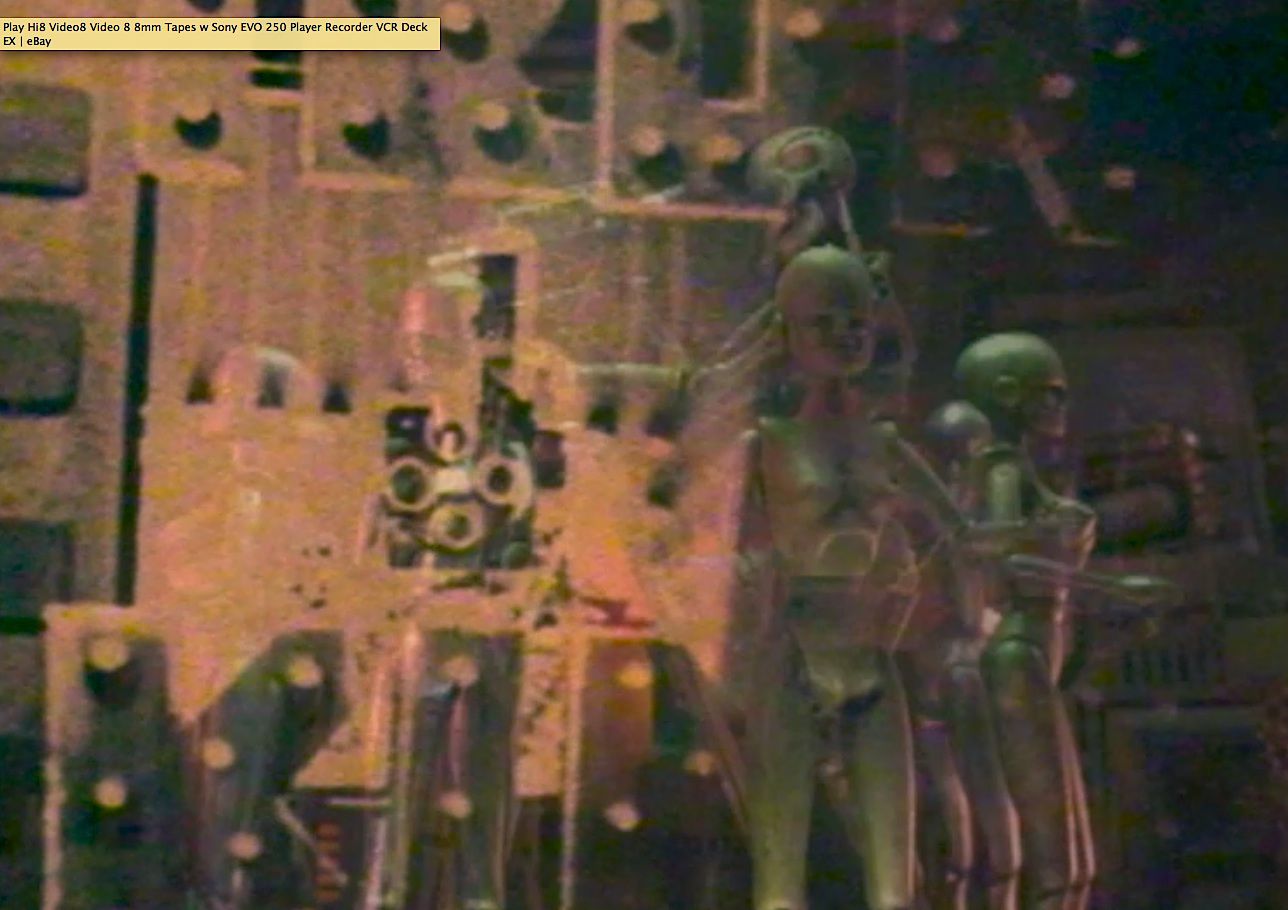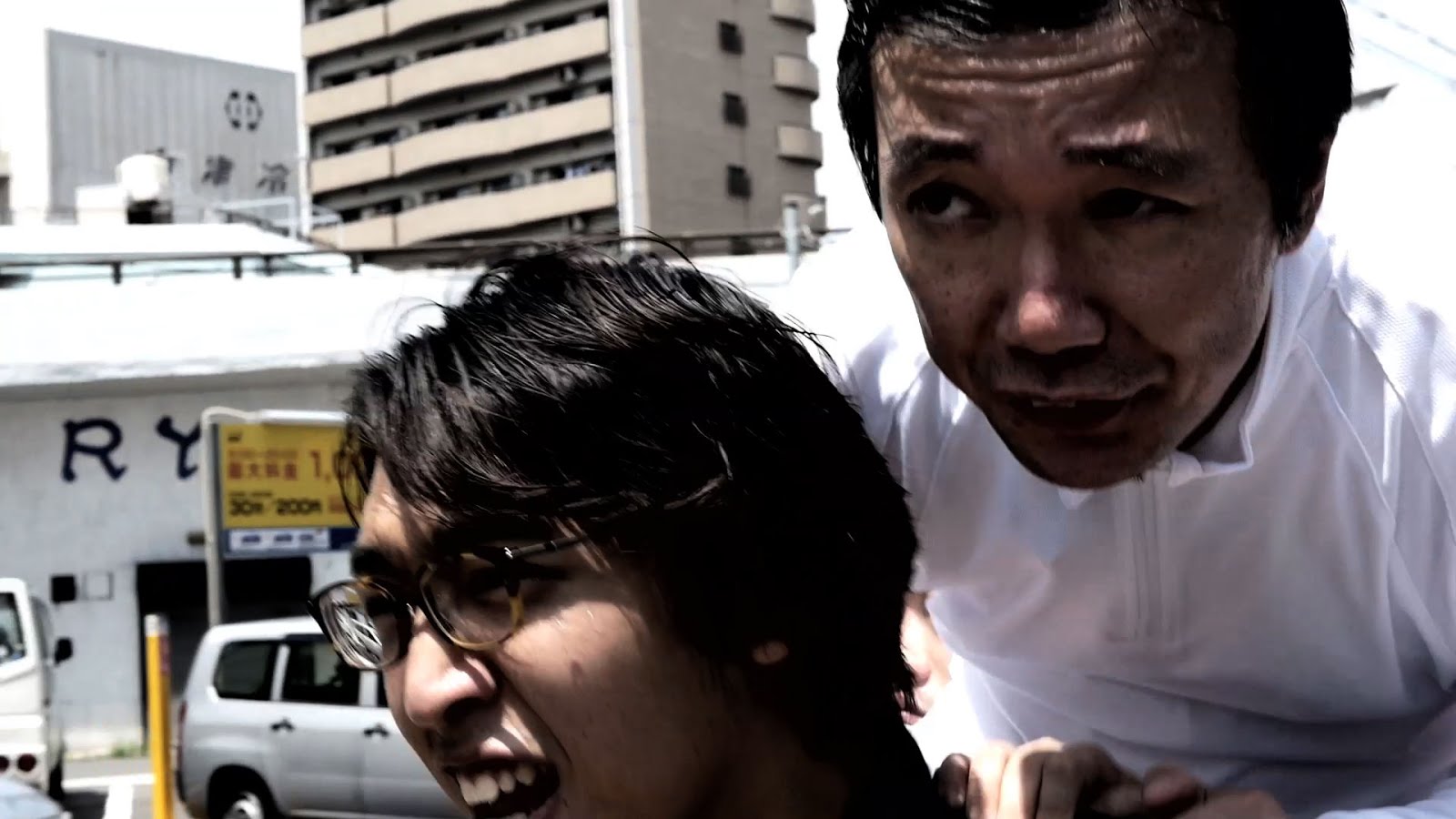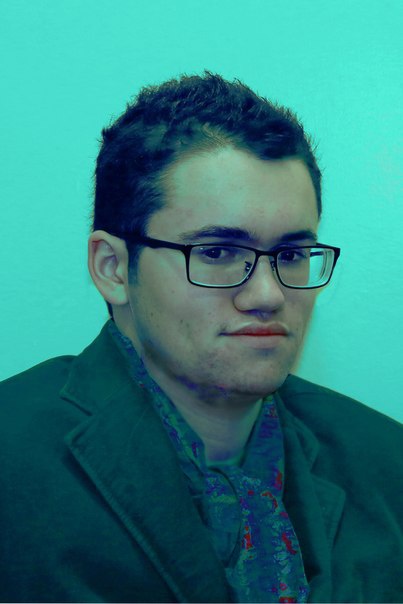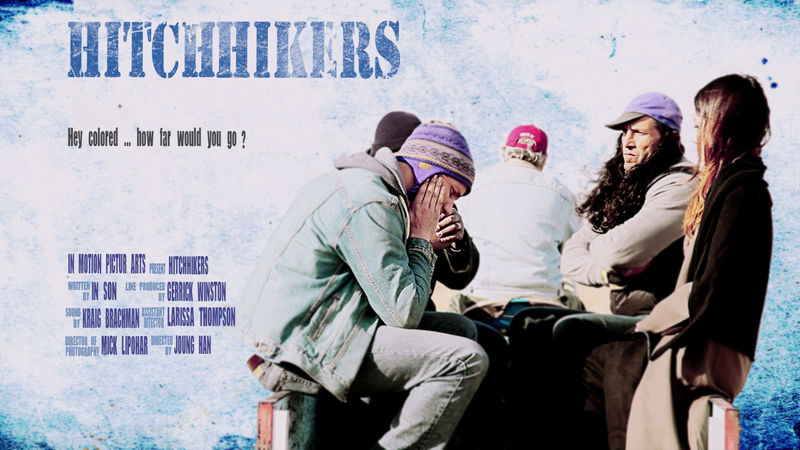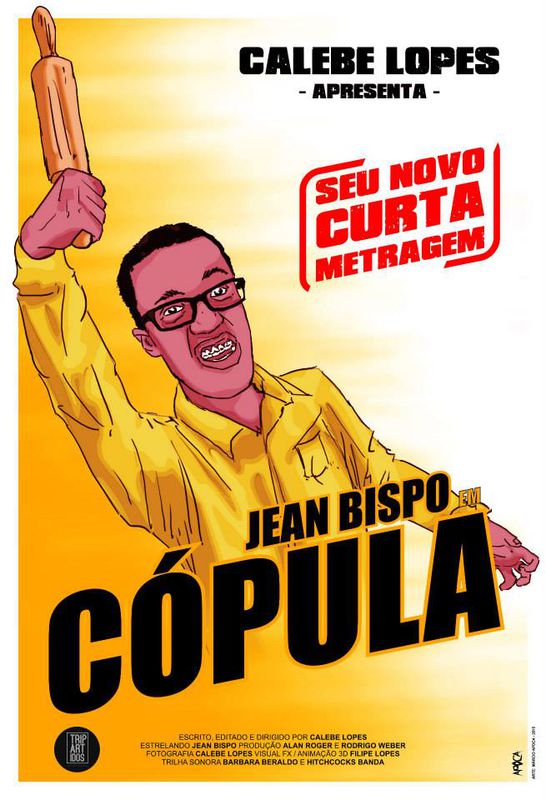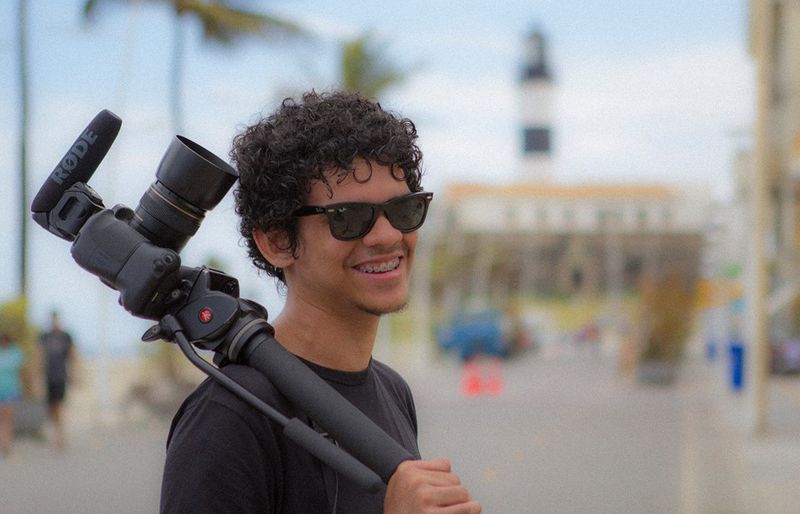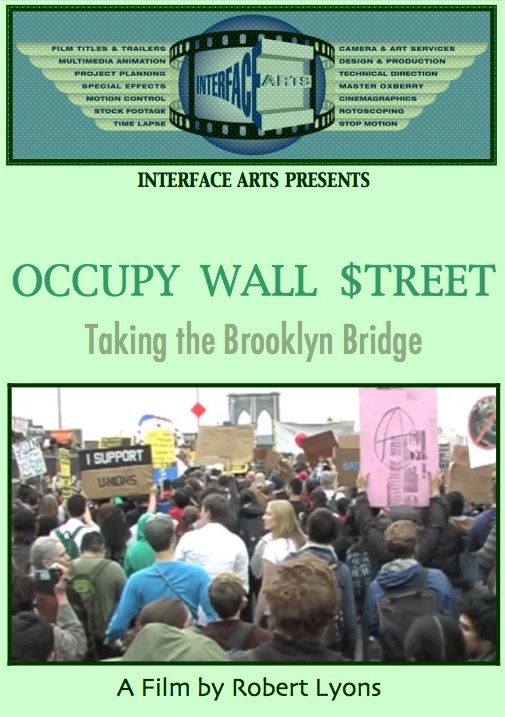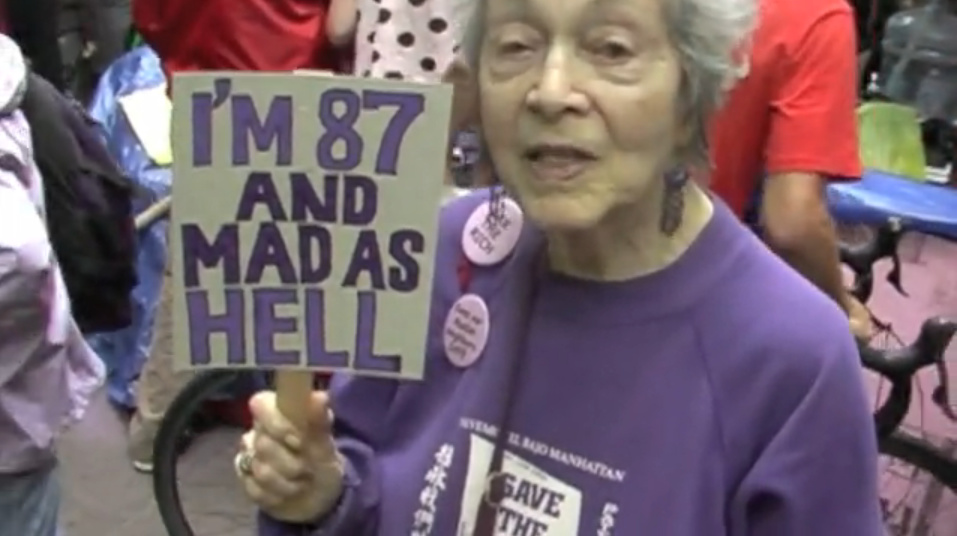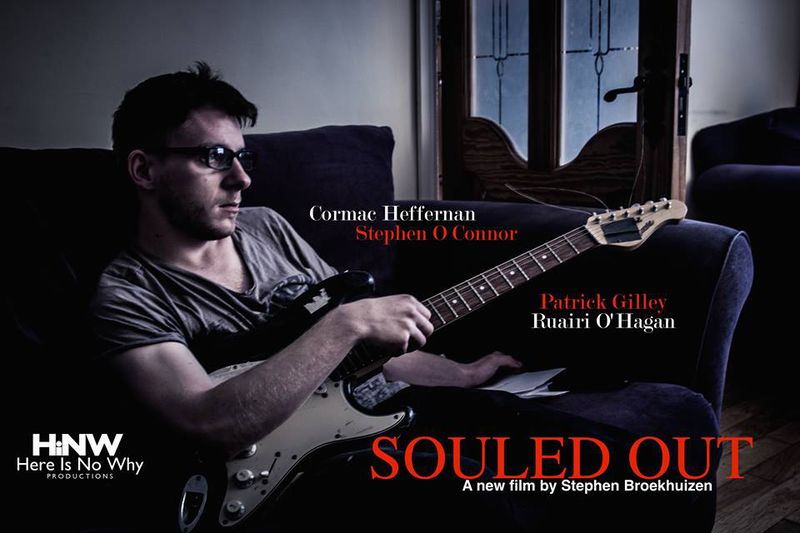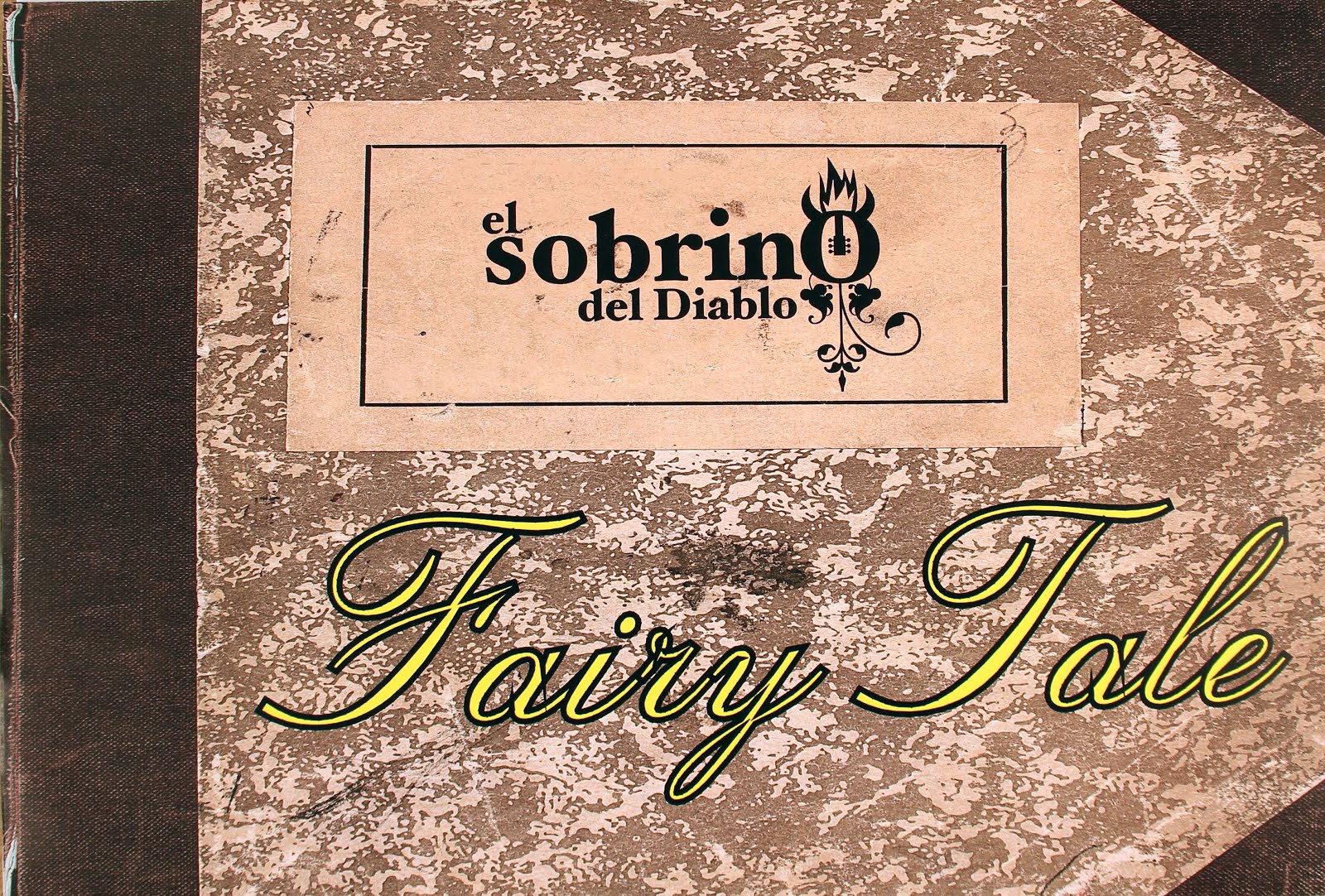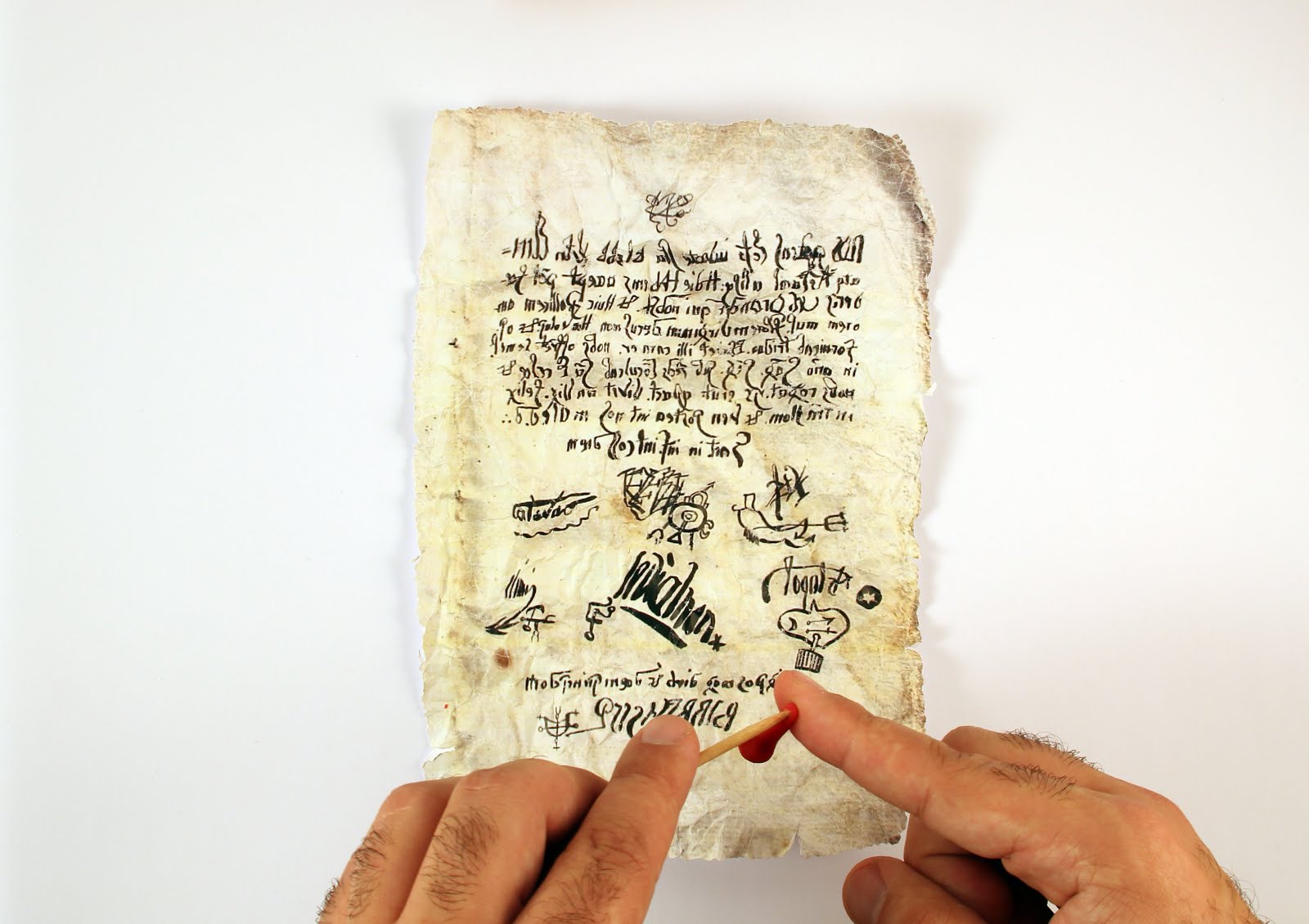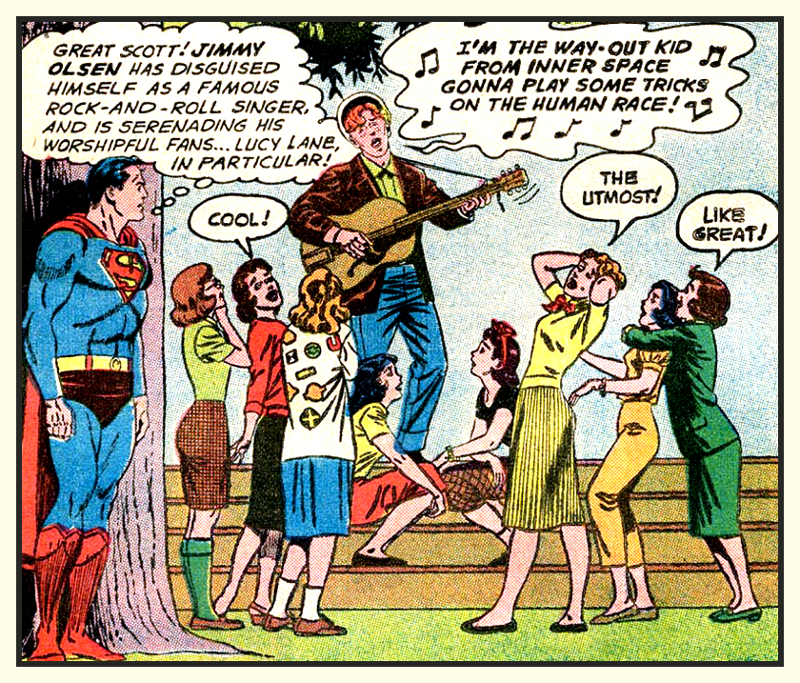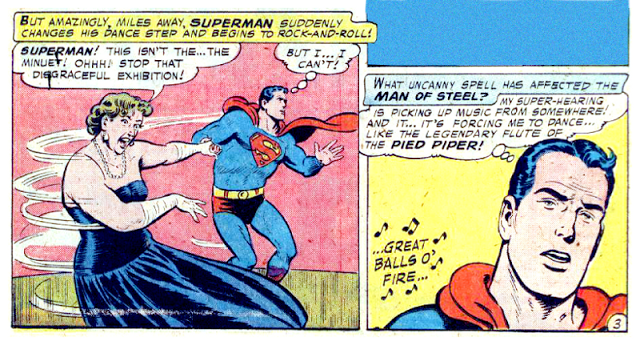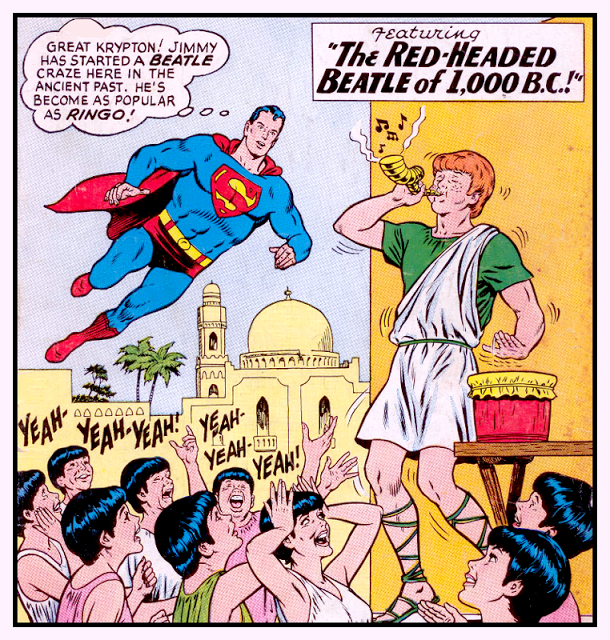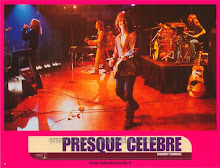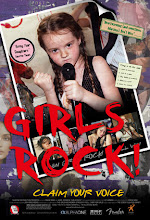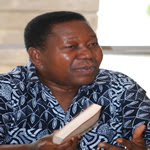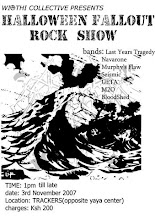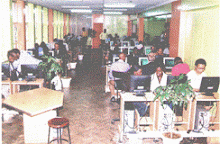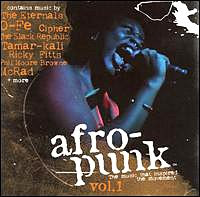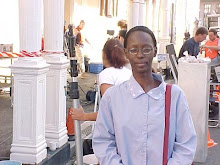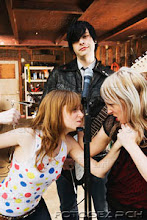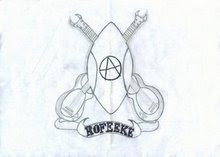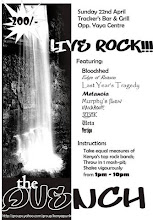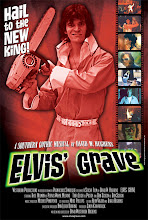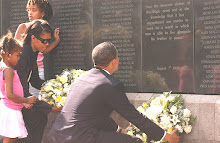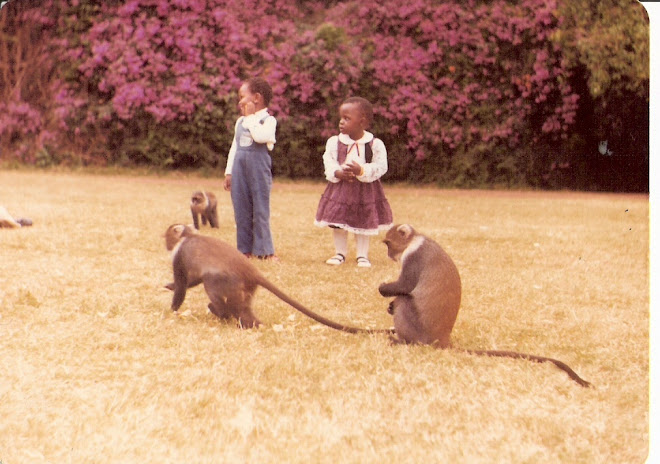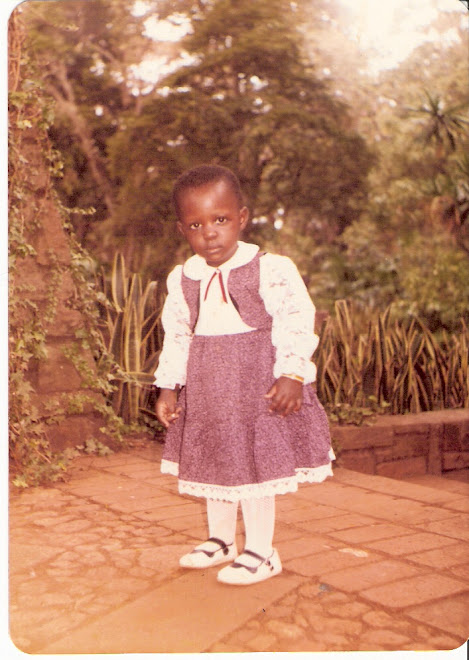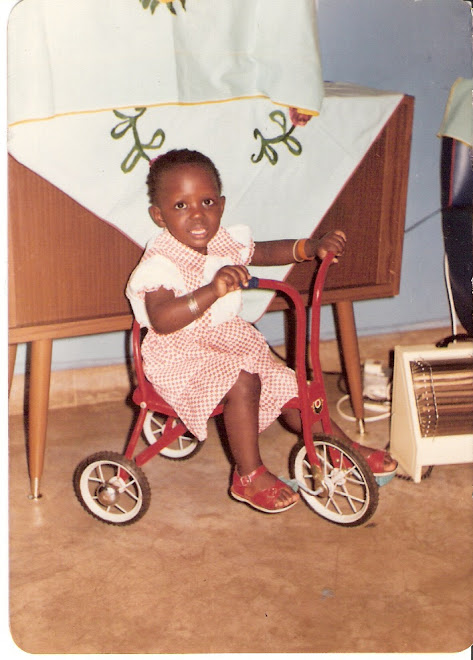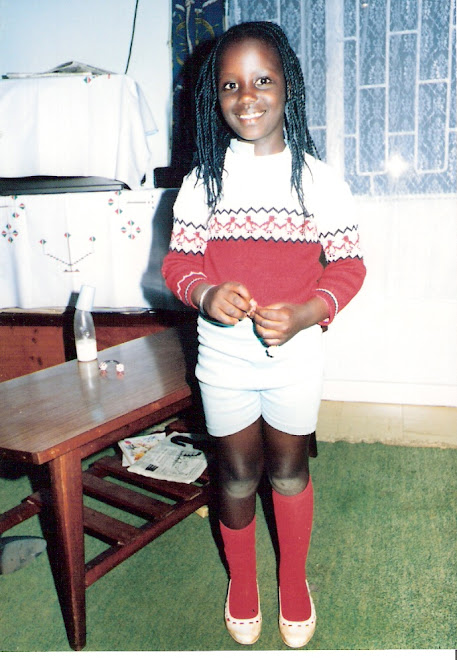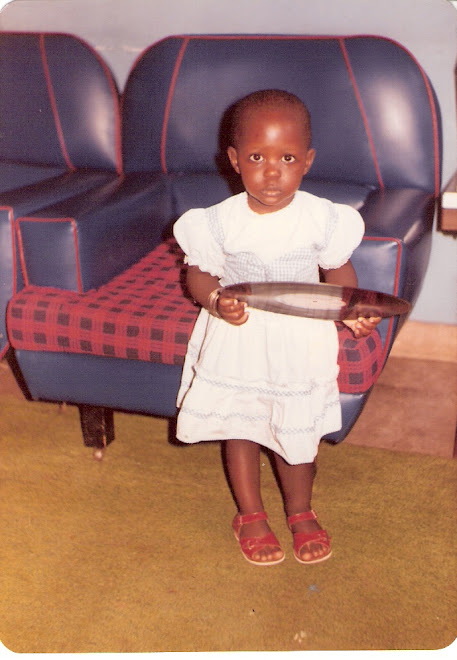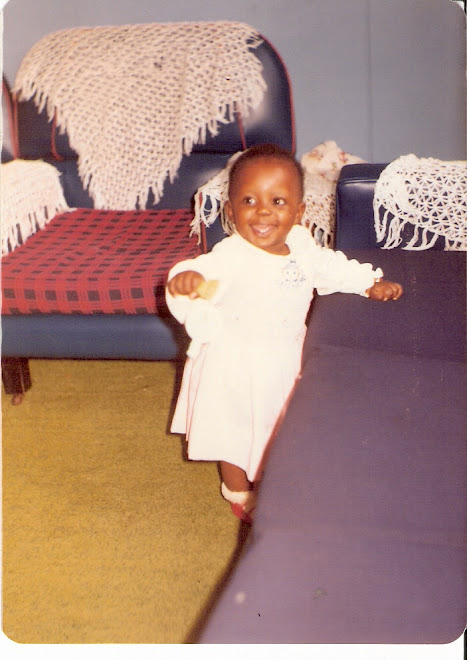ROFFEKE: During the 2020 lockdown, the world saw how Italians stood in solidarity with each other through music on their balconies:“In the flat in front of me, a couple with a small child appeared,”…“The mother carried him in her arms while the father played a children’s musical toy. They waved over at us and we waved back. We’ve never met.” (“Balcony singing in solidarity spreads across Italy during lockdown” The Guardian).
Did the lockdown increase your productivity as a composer or
did it lessen your productivity? How did you cope during this
challenging time? How do you take care of your mental health?
FEDERICO SANTINI: At the school where I worked we started with remote lessons immediately,
so the teaching activity never stopped. Unfortunately, not long before I
had started having breathing problems which worsened during the
lockdown, not being able to rely on medical care. At a certain moment,
as directed by the doctor who was worried it could be Covid (the
symptoms of the disease at that time were not yet very well known), I
had to isolate myself in a couple of rooms for about a month and my
activity during that period had stopped completely. During the rest of
the lockdown my composition activity remained more or less the same as
before, even if the cooperation with the musicians who had to record
the songs from the soundtrack took place online.
Teaching activity became more difficult during the lockdown because the
remote learning triggers a series of critical issues. Feedback with
students is more difficult on screen. It is difficult to understand if
the topics explained are clear and it is also more difficult for the
students to interact with the teacher.
For me in that period, communication with loved ones was very important,
especially with the Chinese harpist, Siyun Shen, whom I spoke about
above [in part 1], with whom I had established a deep friendship. Especially during
my period of isolation, Siyun was very close to me and we spent hours
every day communicating via Whatsapp, especially with messages since my
breathing problems made verbal communication a little difficult.
ROFFEKE: Your thoughts on artificial intelligence and music?
FEDERICO: As far as I'm concerned, I don't use artificial intelligence in
composition, I like to take care of every aspect personally. So far I
haven't found any really interesting compositions created by artificial
intelligence. I think it does well in low and medium-low level
compositions but so far I haven't heard any interesting music. However,
when A.I. finally will be able, to write some beautiful music, and I
think it's a matter of time, I will be very happy to listen to it. But I
believe that there are big risks for composers due to the numerous
instances where A.I. has been involved in matter of plagiarism.
Artificial intelligence operates without awareness of what it means to
copy a work, and therefore, which is why many artists are complaining
about this.
ROFFEKE: Advice for aspiring composers?
FEDERICO: First of all, I would recommend an in-depth study of the subject.
Searching for scores and analyzing the songs you like is a useful tool.
Look for qualified teachers to take lessons from. Studying alone is not
enough, it is useful to play in many different contexts and enrich
yourself with many experiences. It was useful to me, in addition to
playing in classical ensembles, being part of rock and pop bands,
accompanying Gospel choirs, and so on. I think it is important to make
yourself known by interacting with other people as much as possible.
Avoid contexts for which you don't have time to prepare, you risk making
a bad impression. I would also recommend being fair to other
composers and protecting your works before sending them out.
(You can read part 1 of the interview HERE)



















